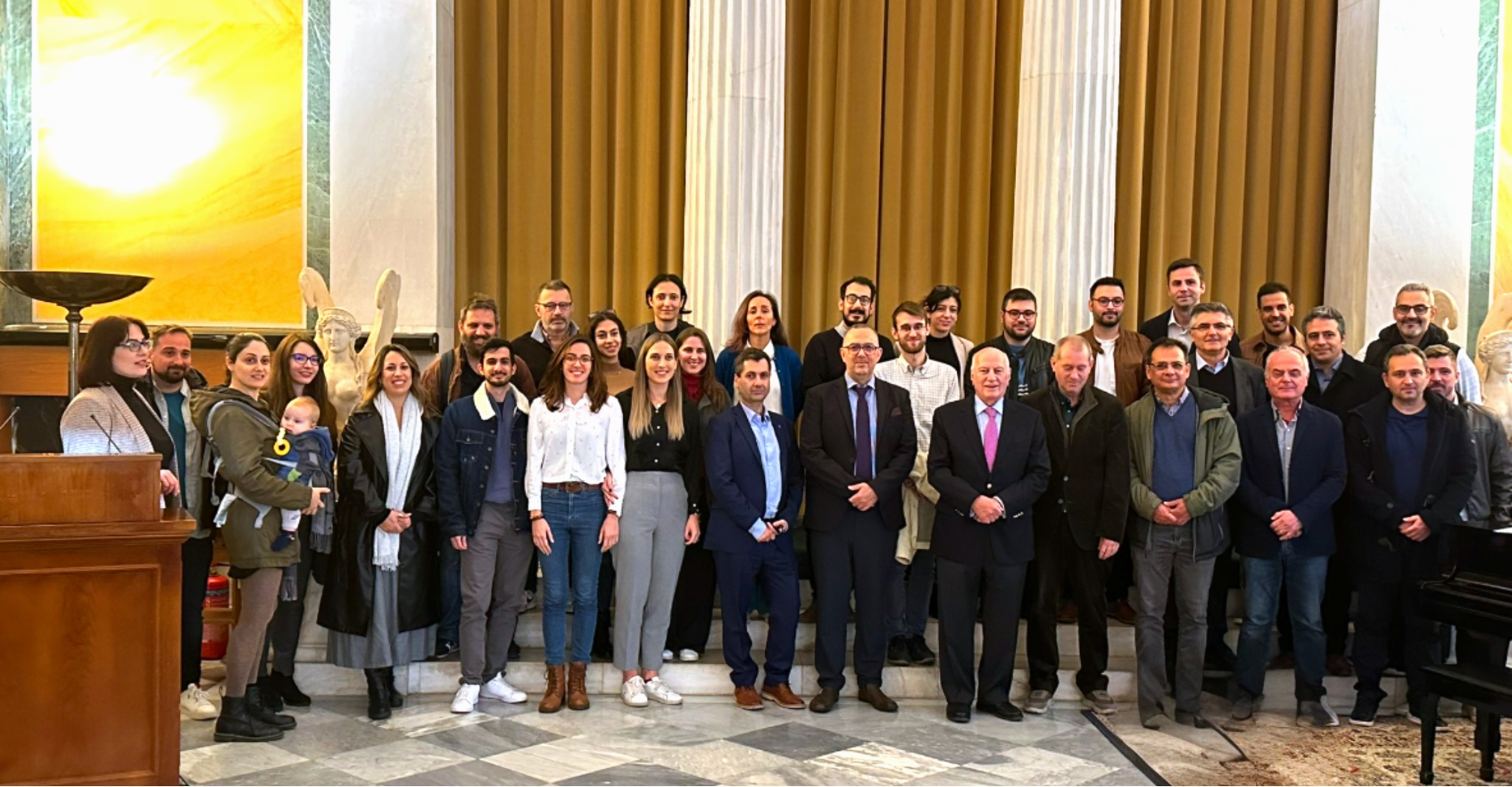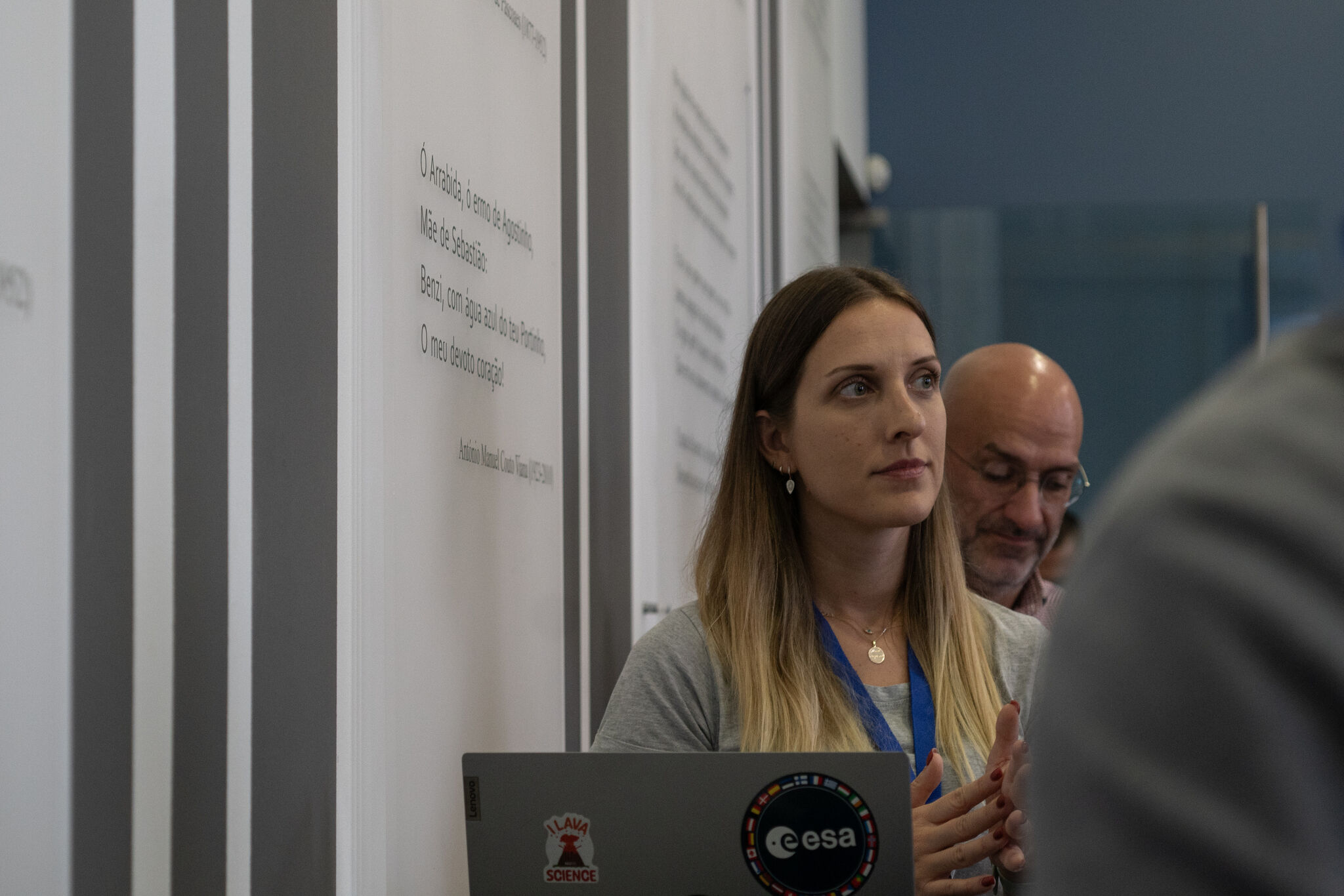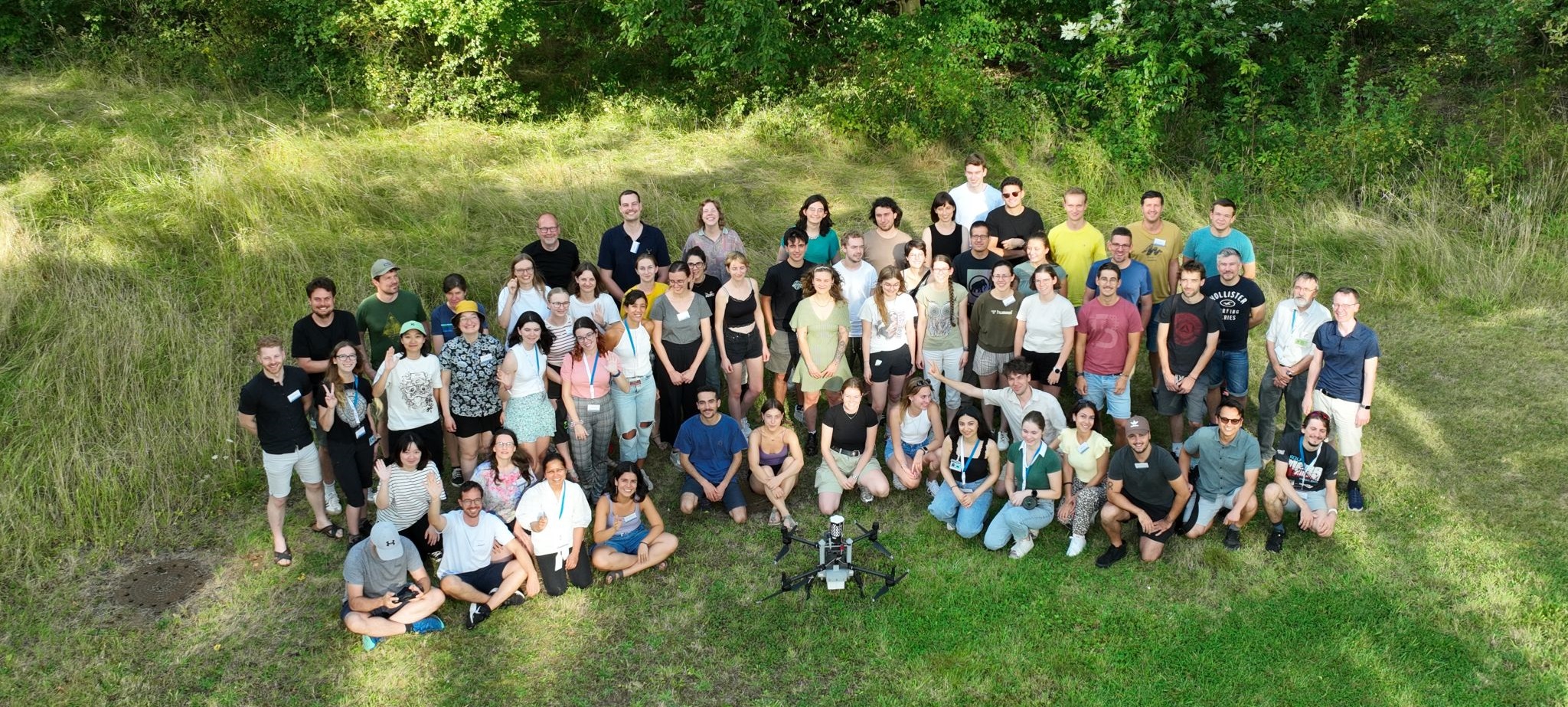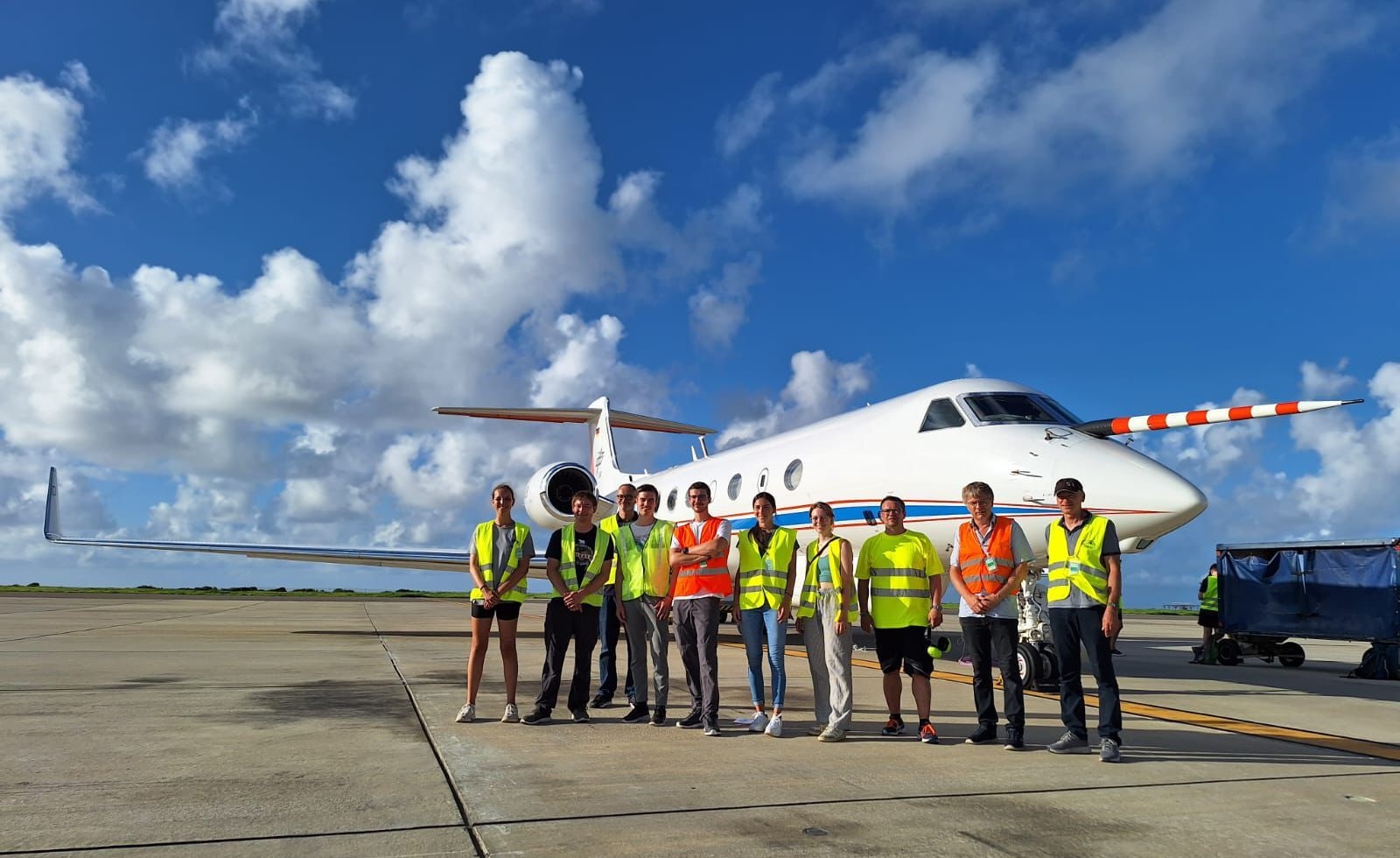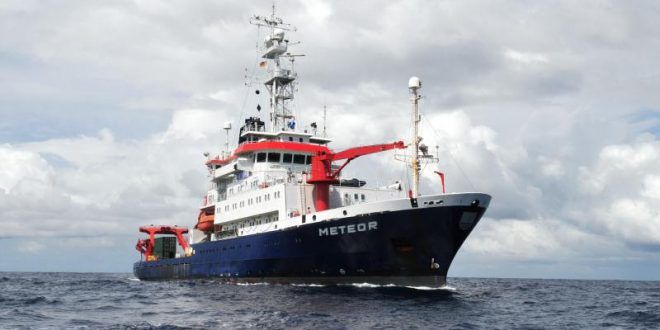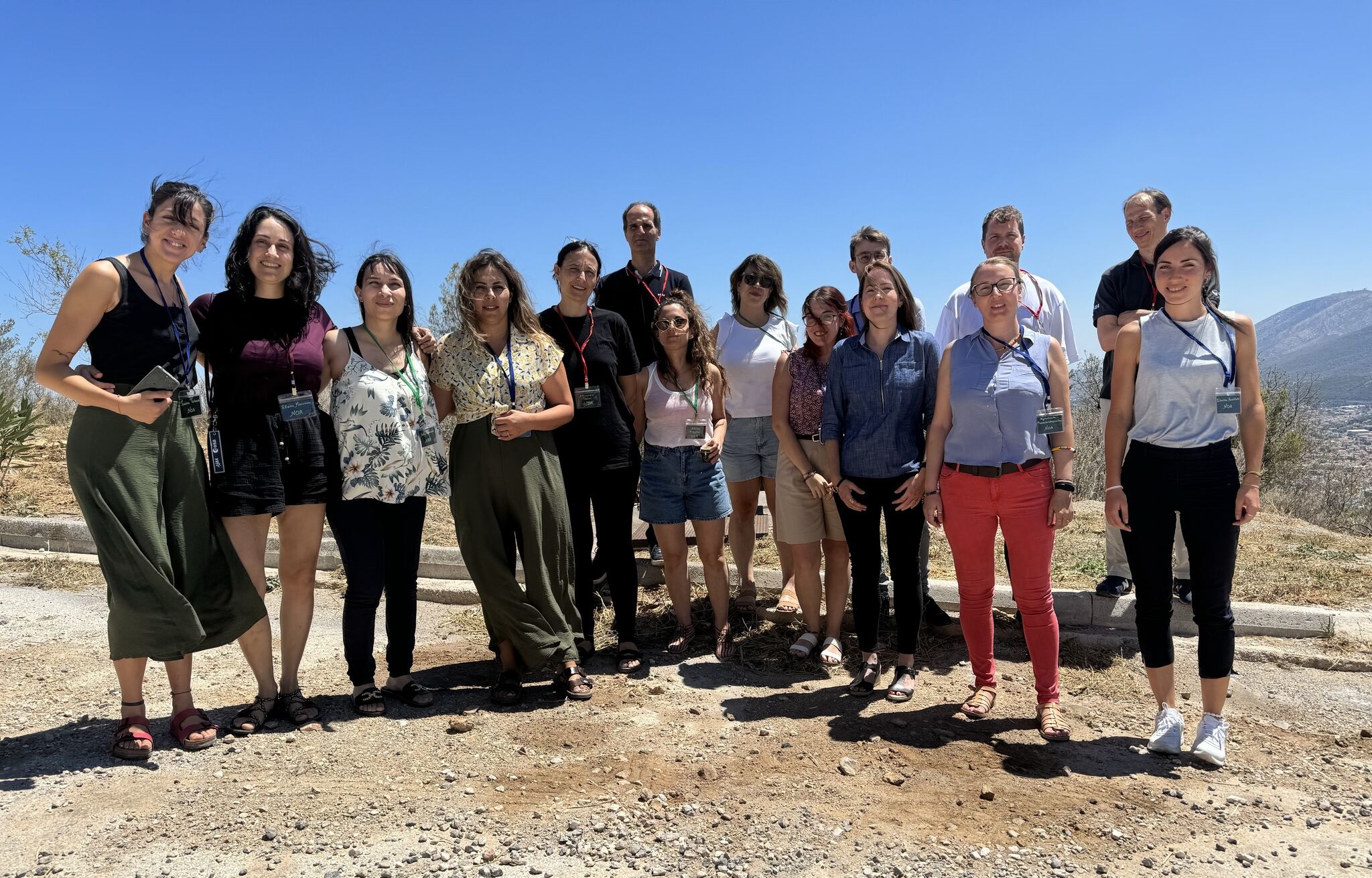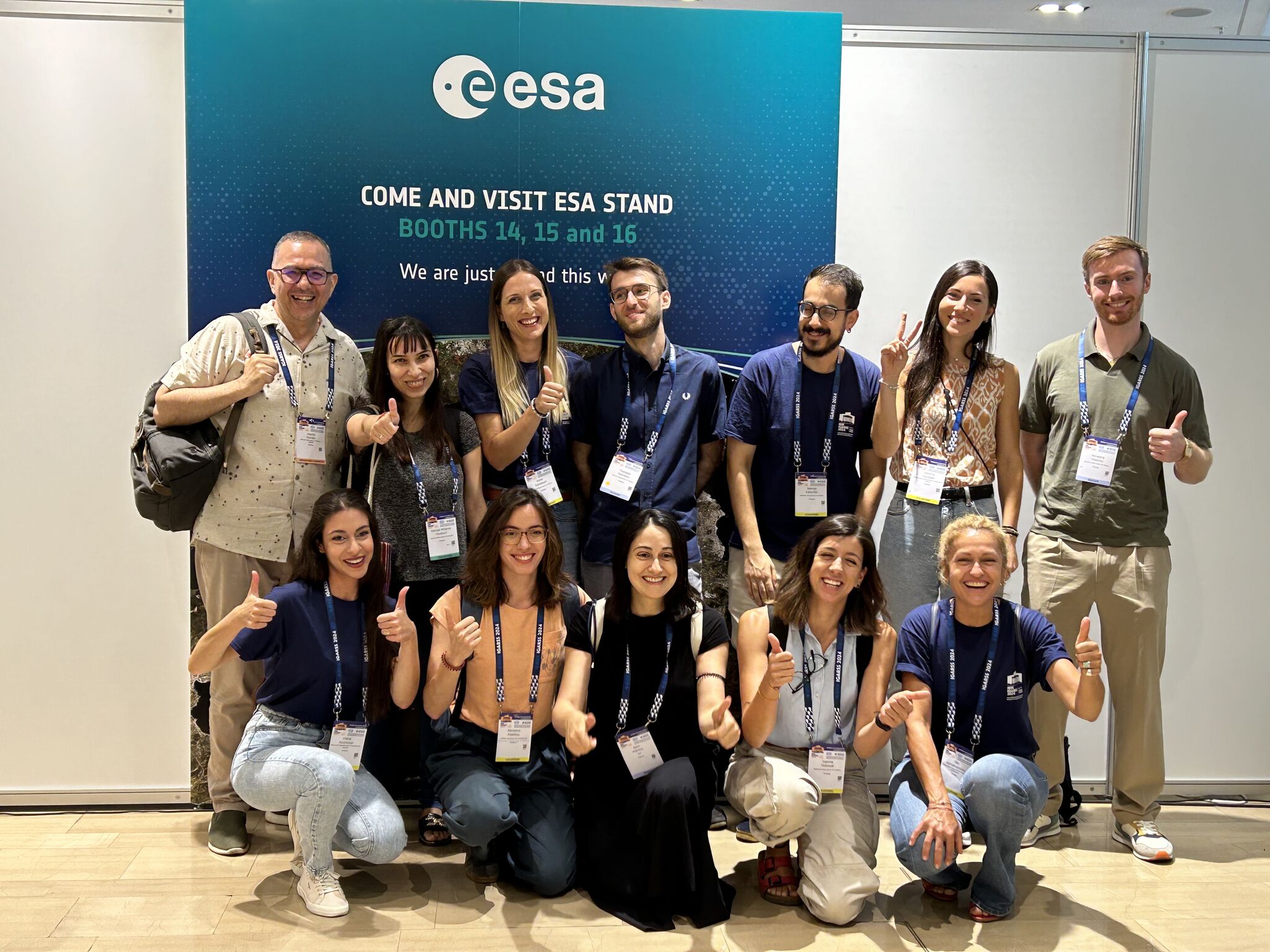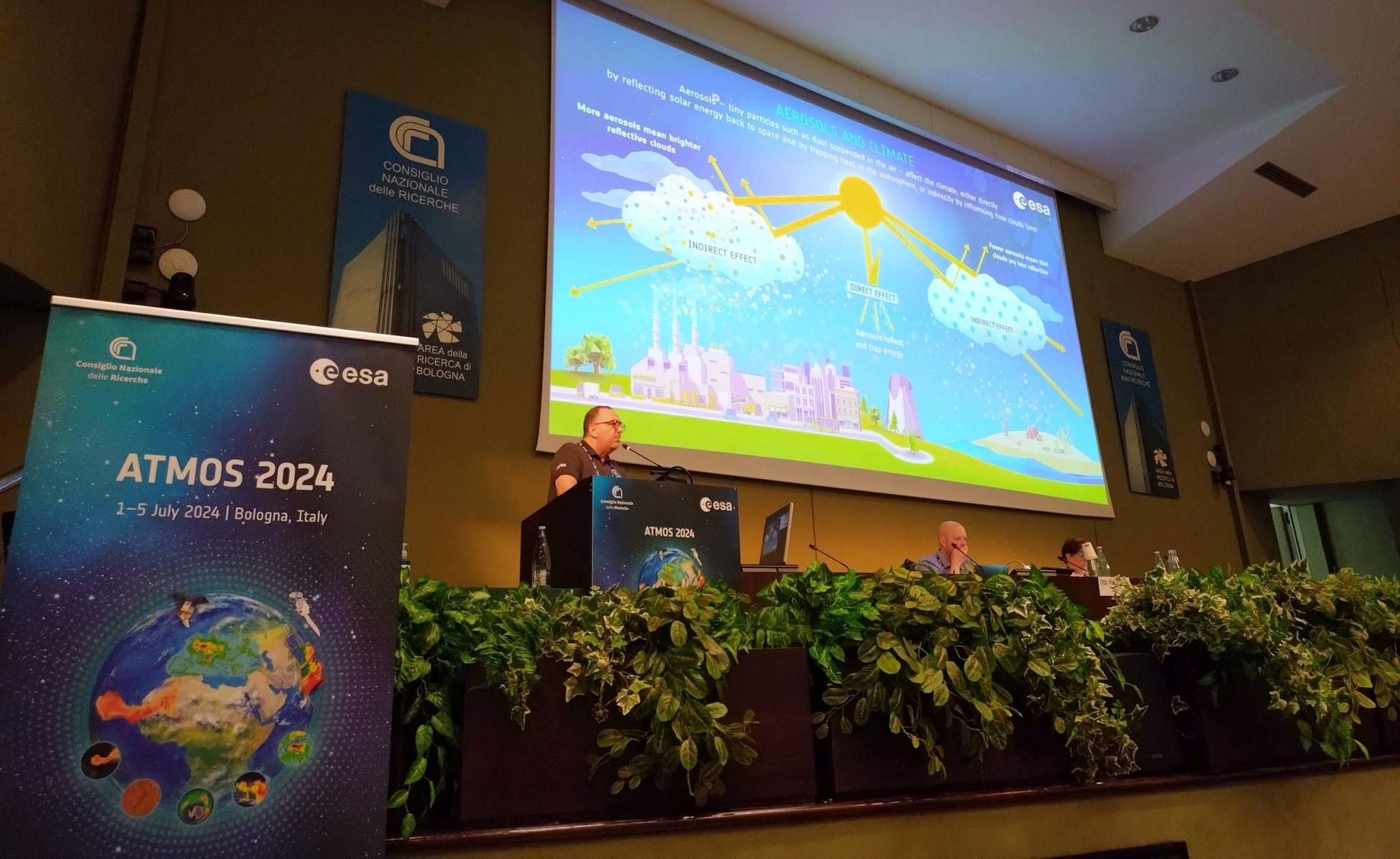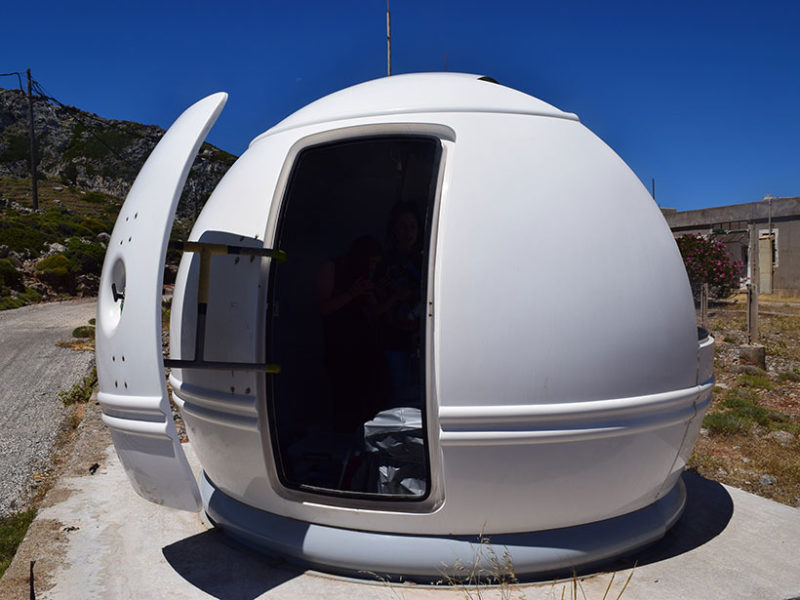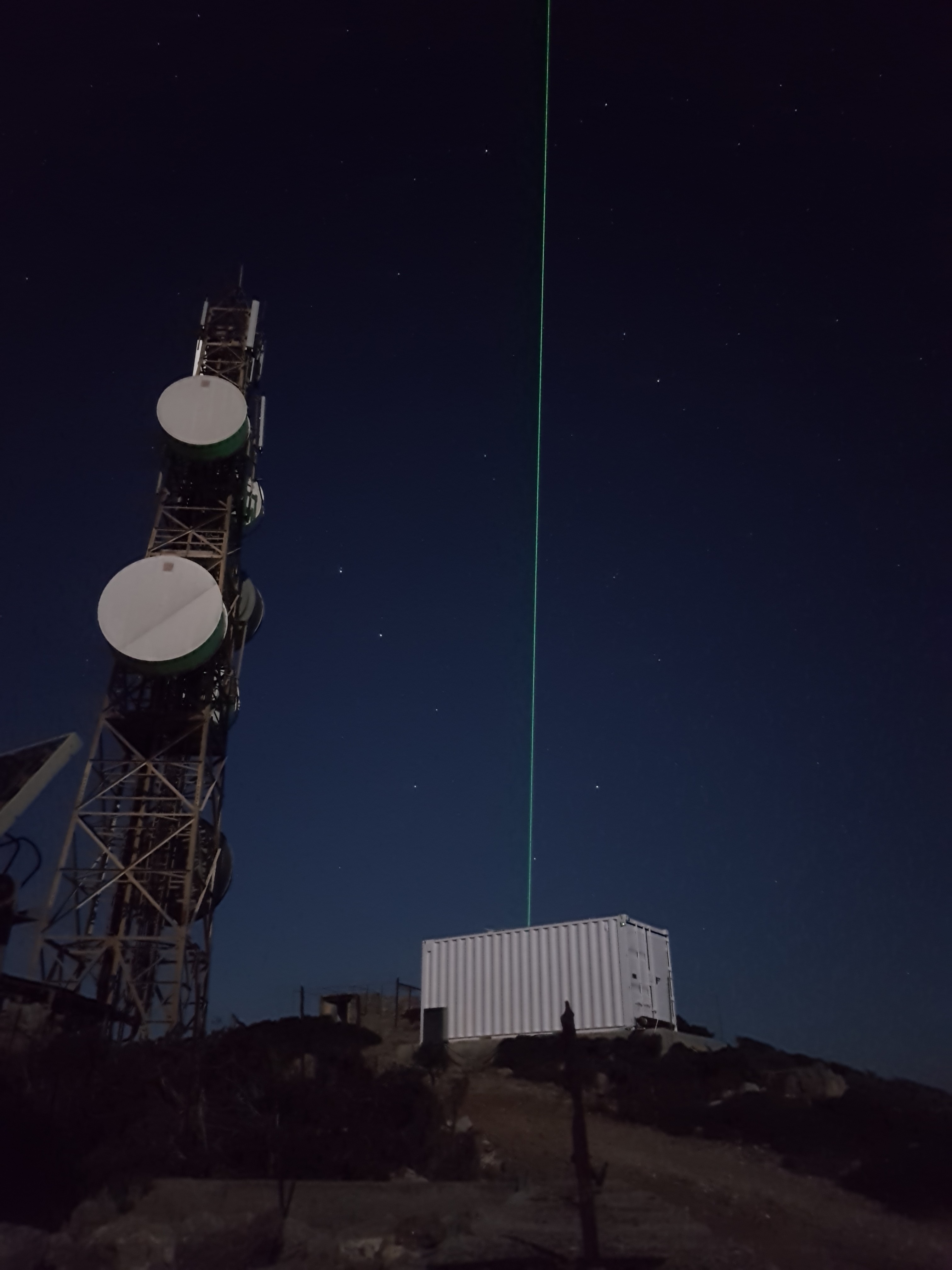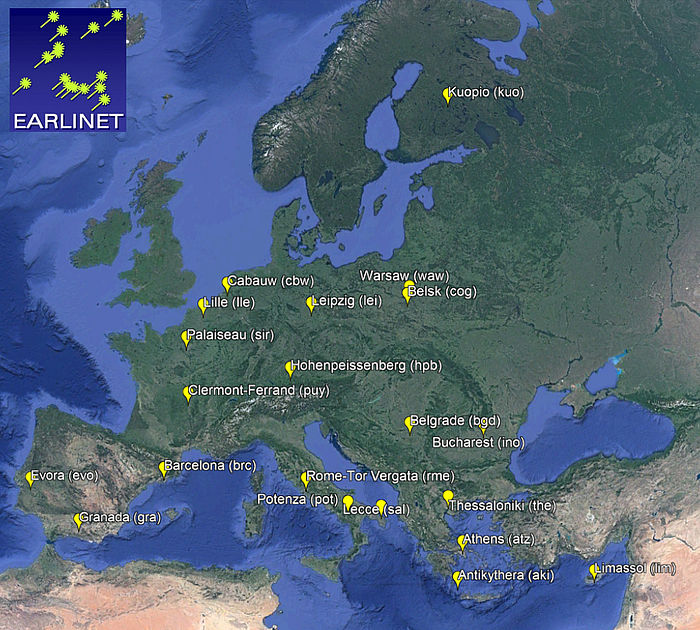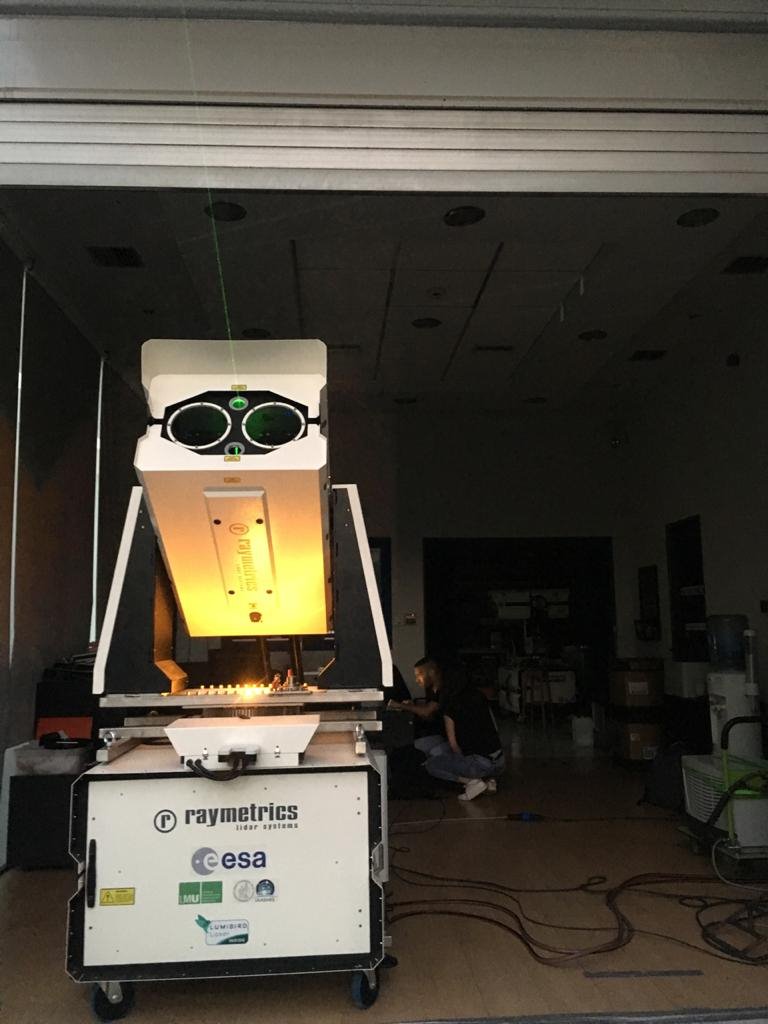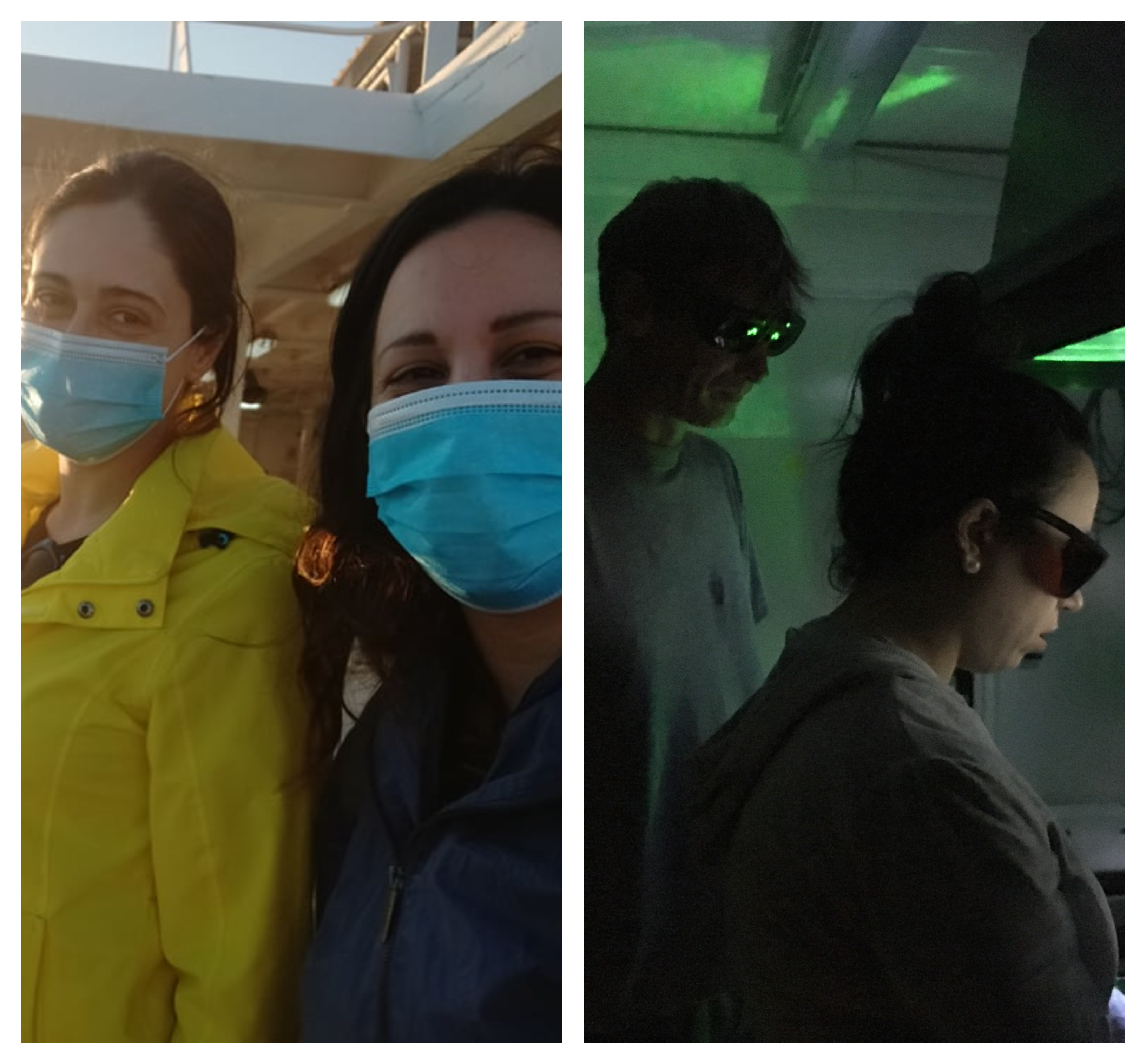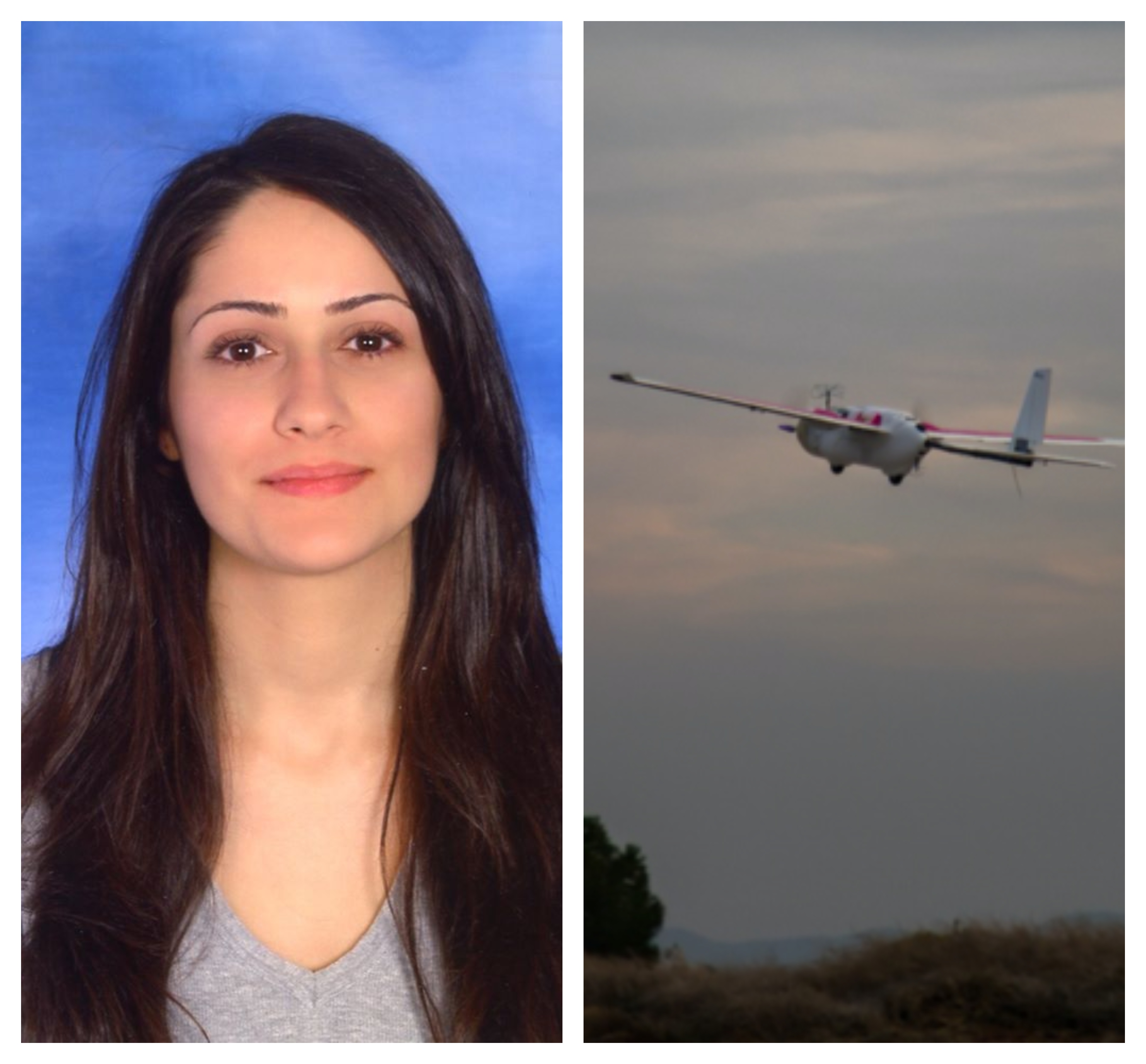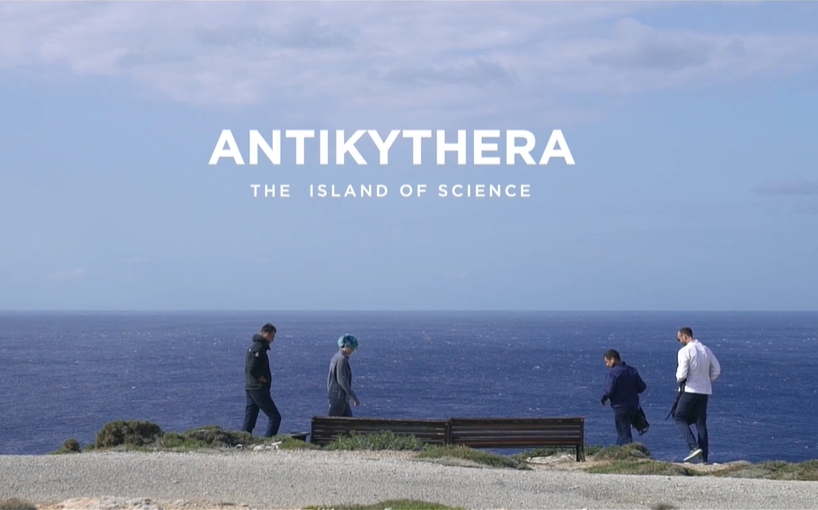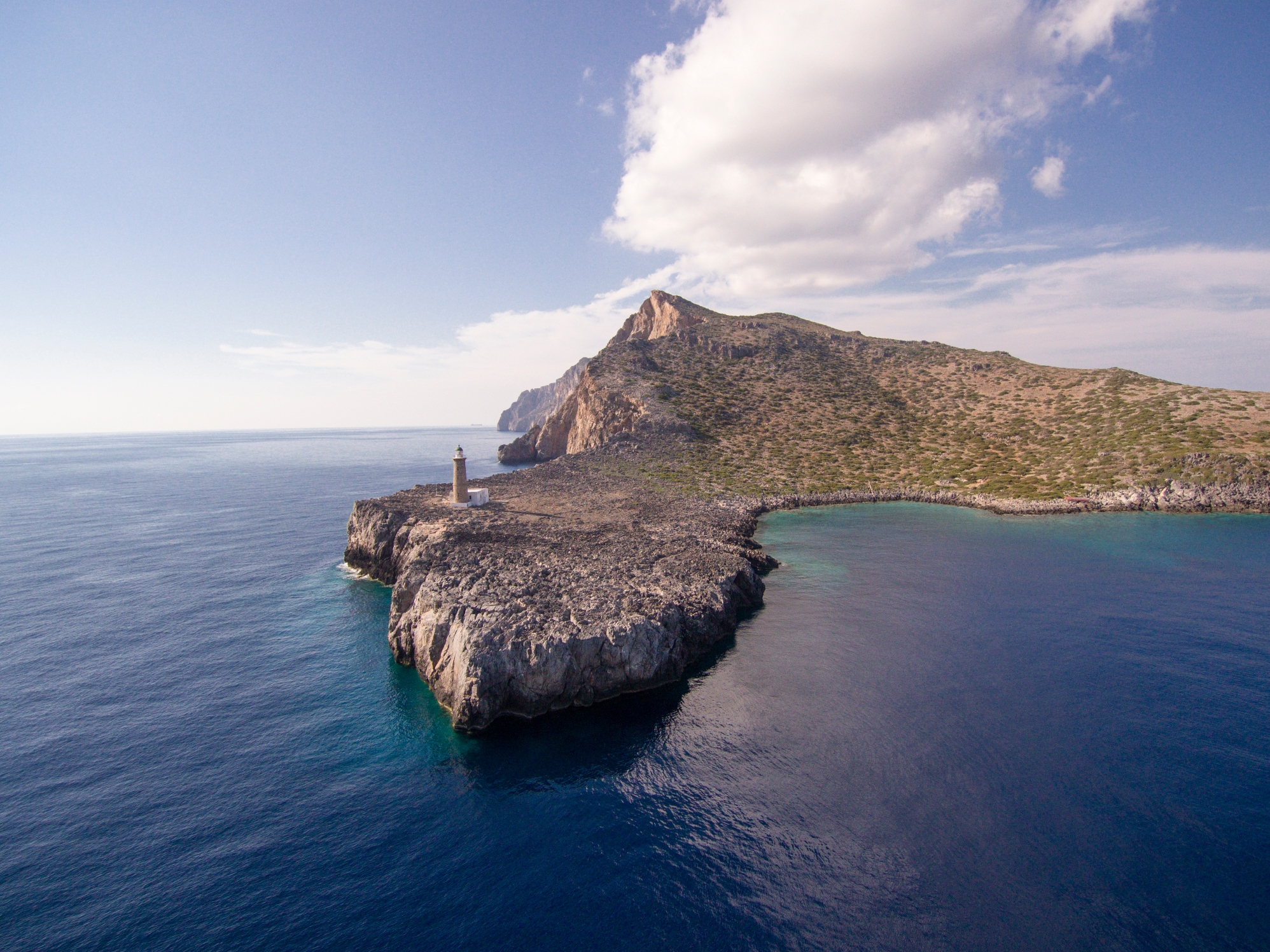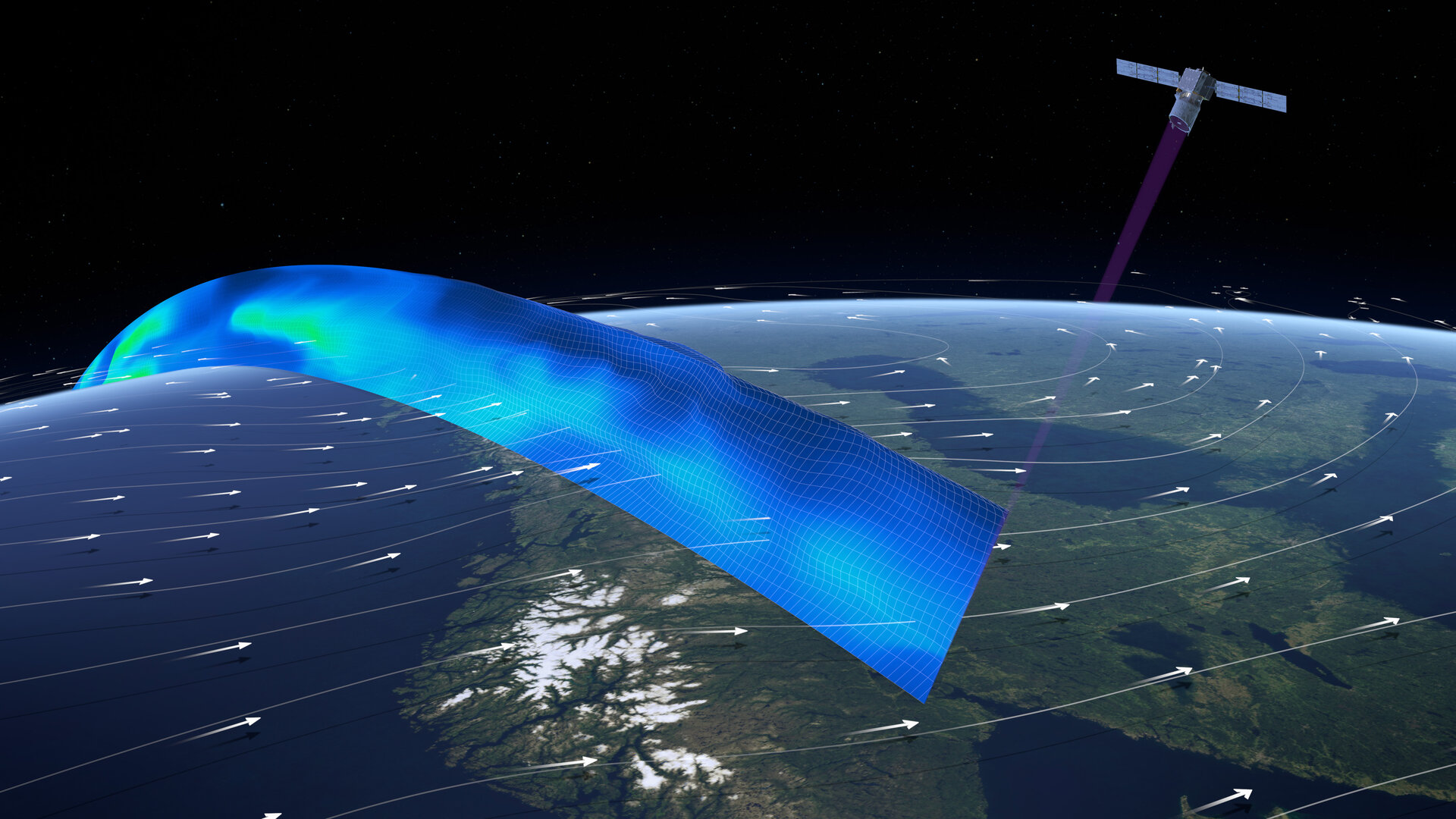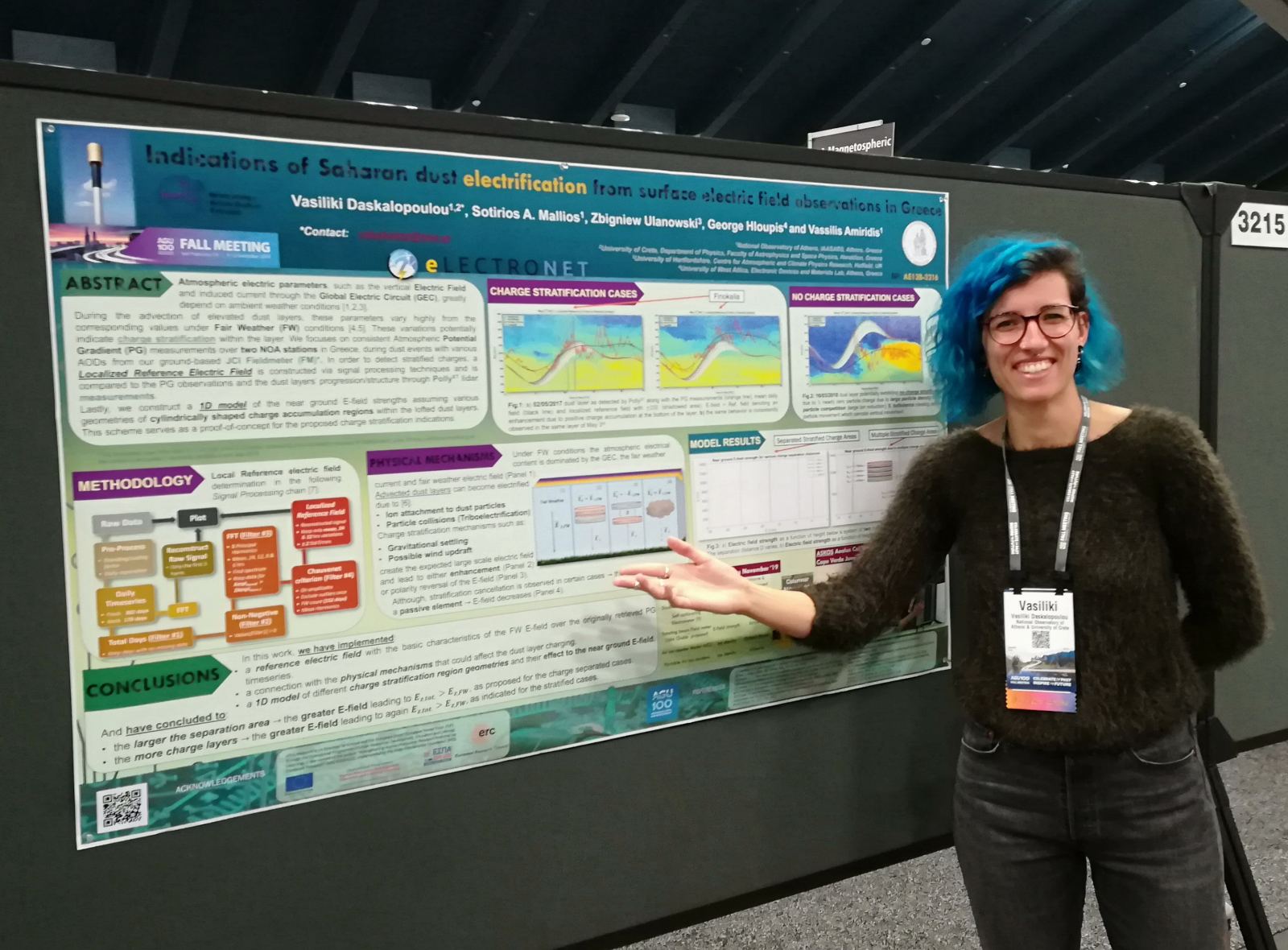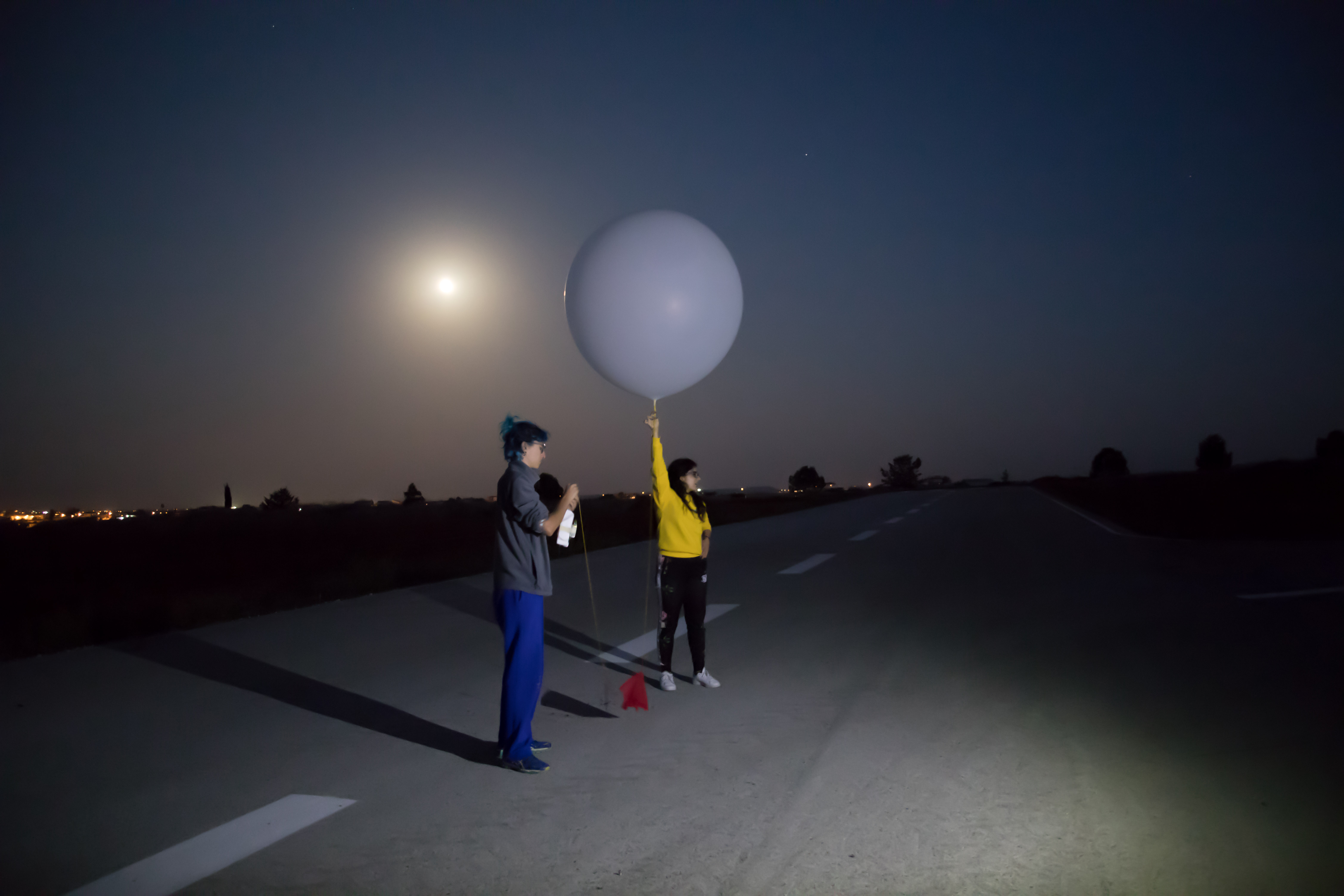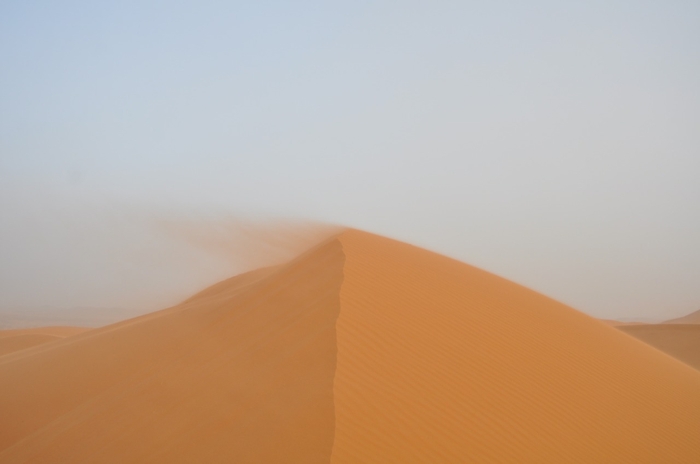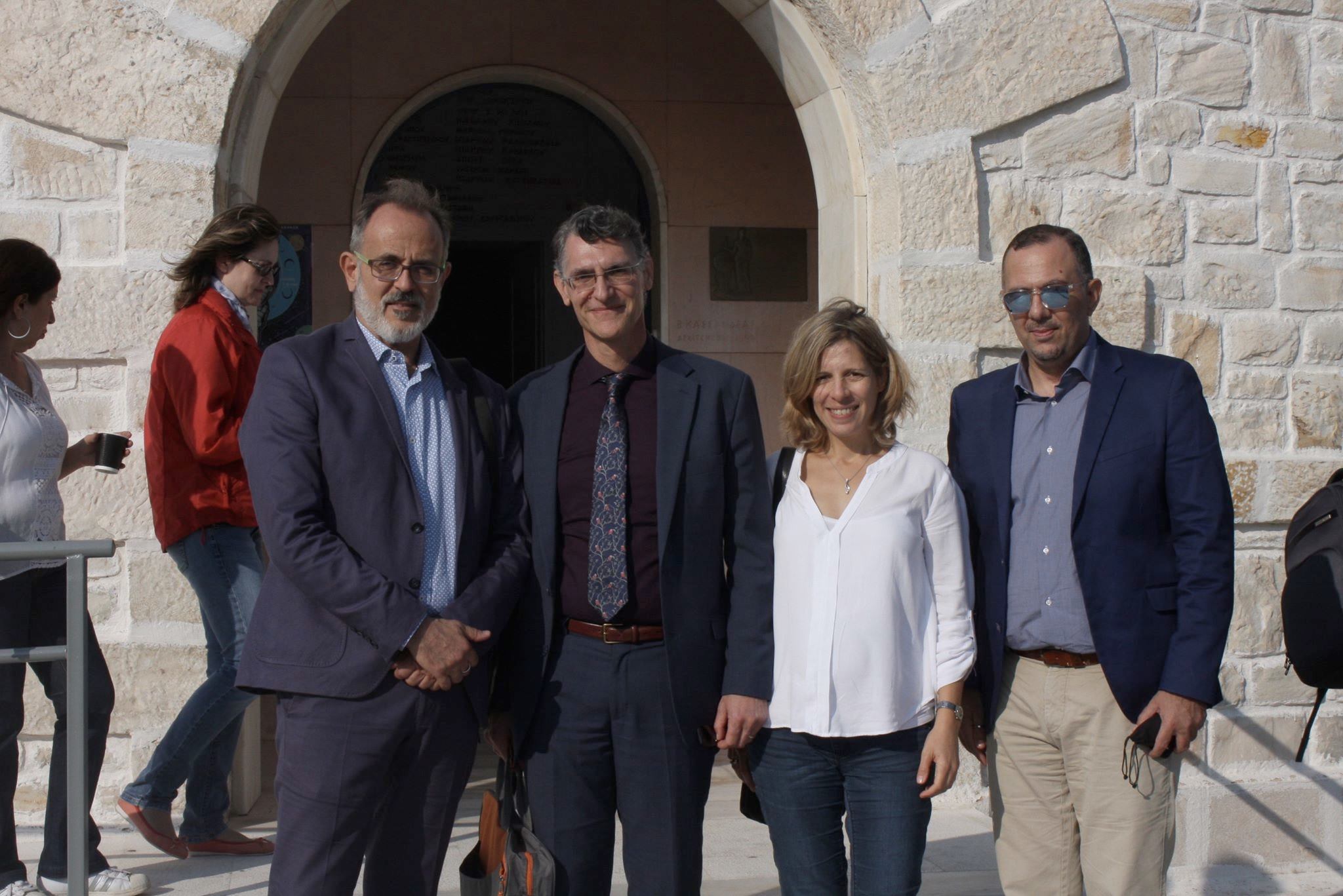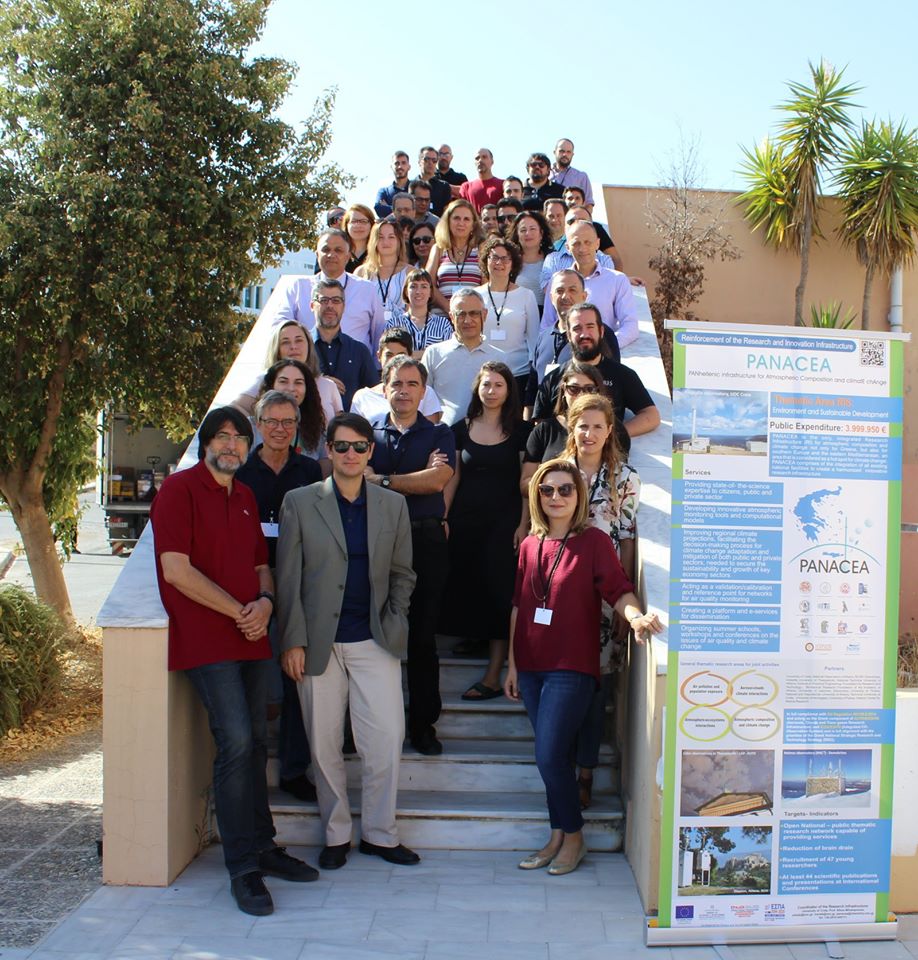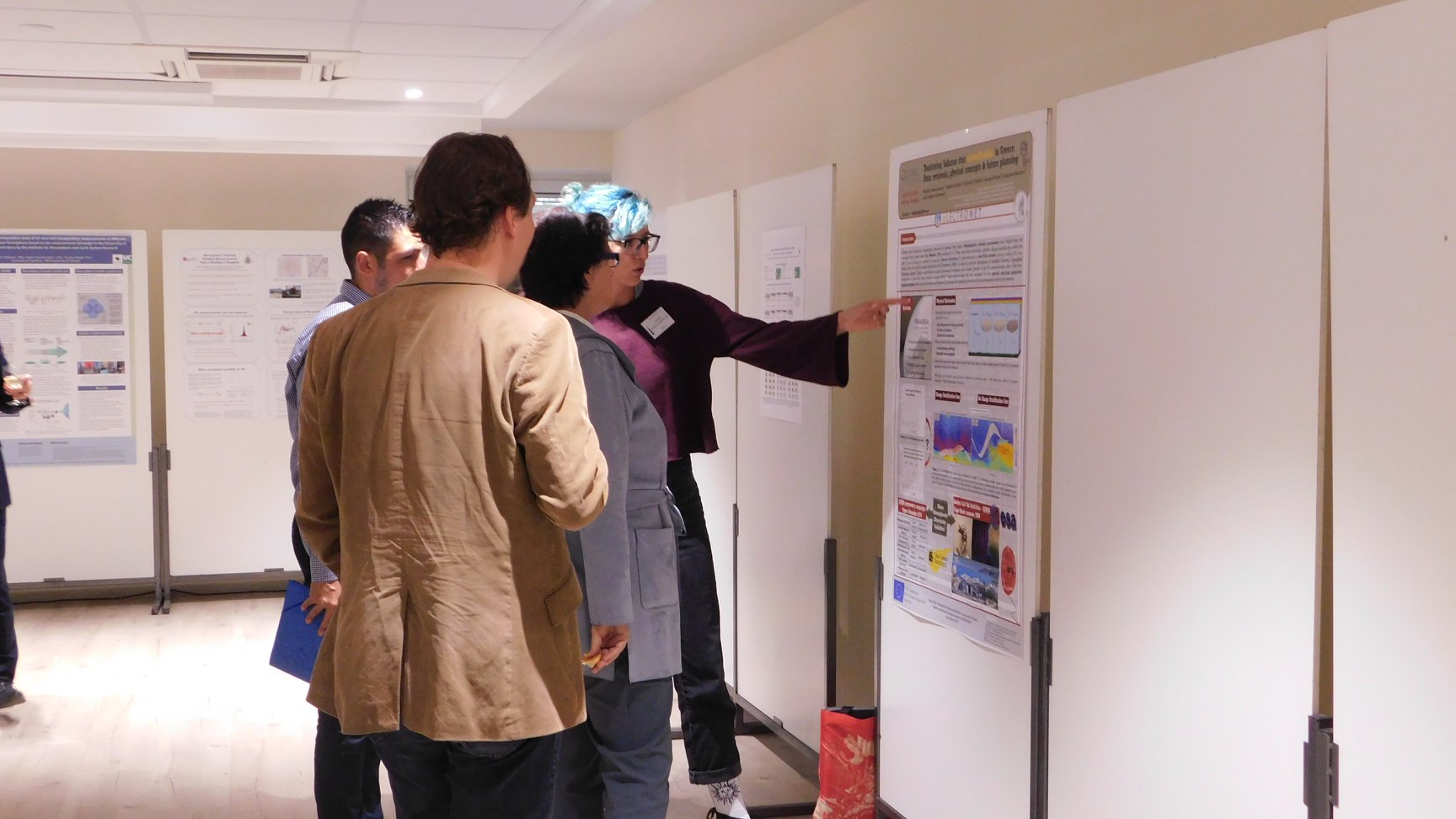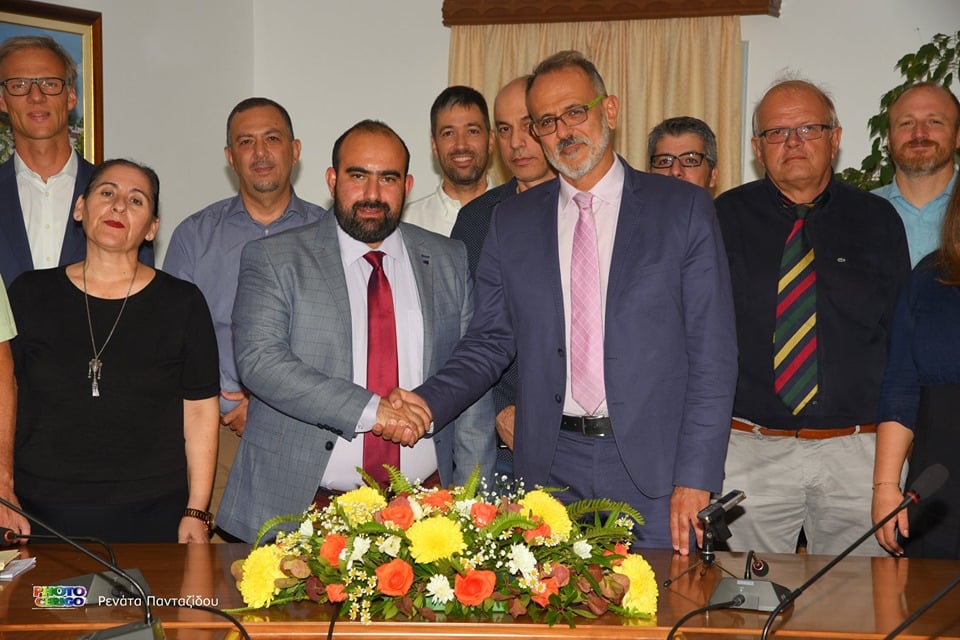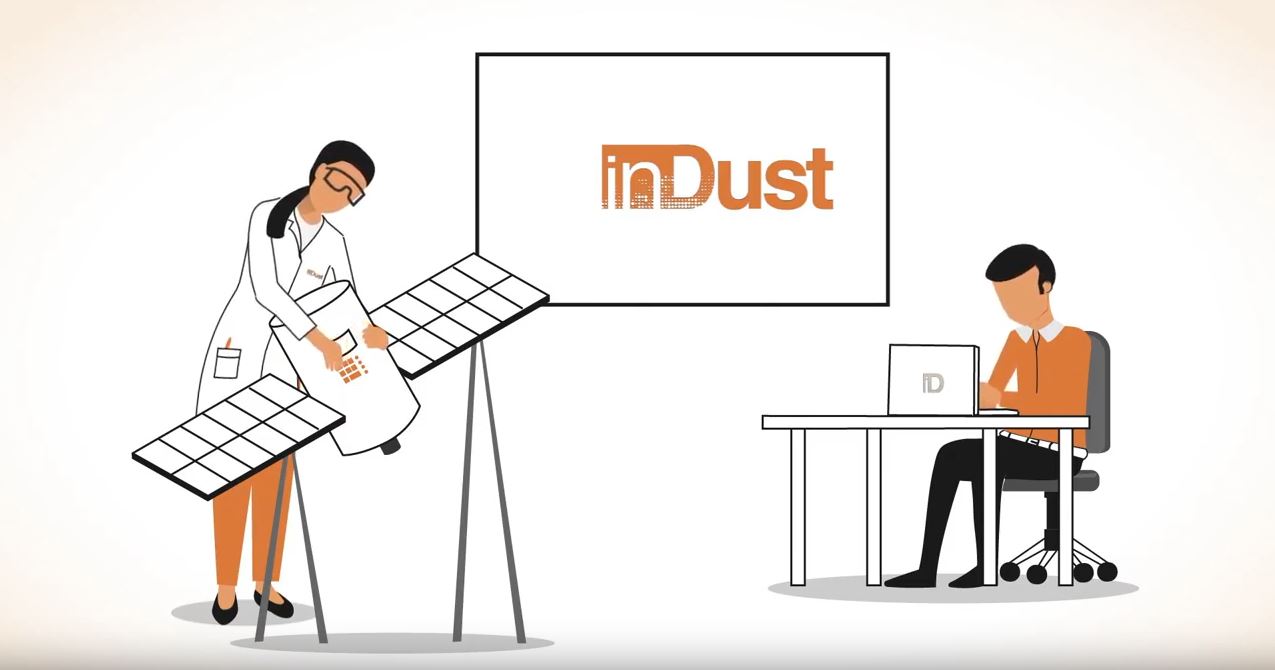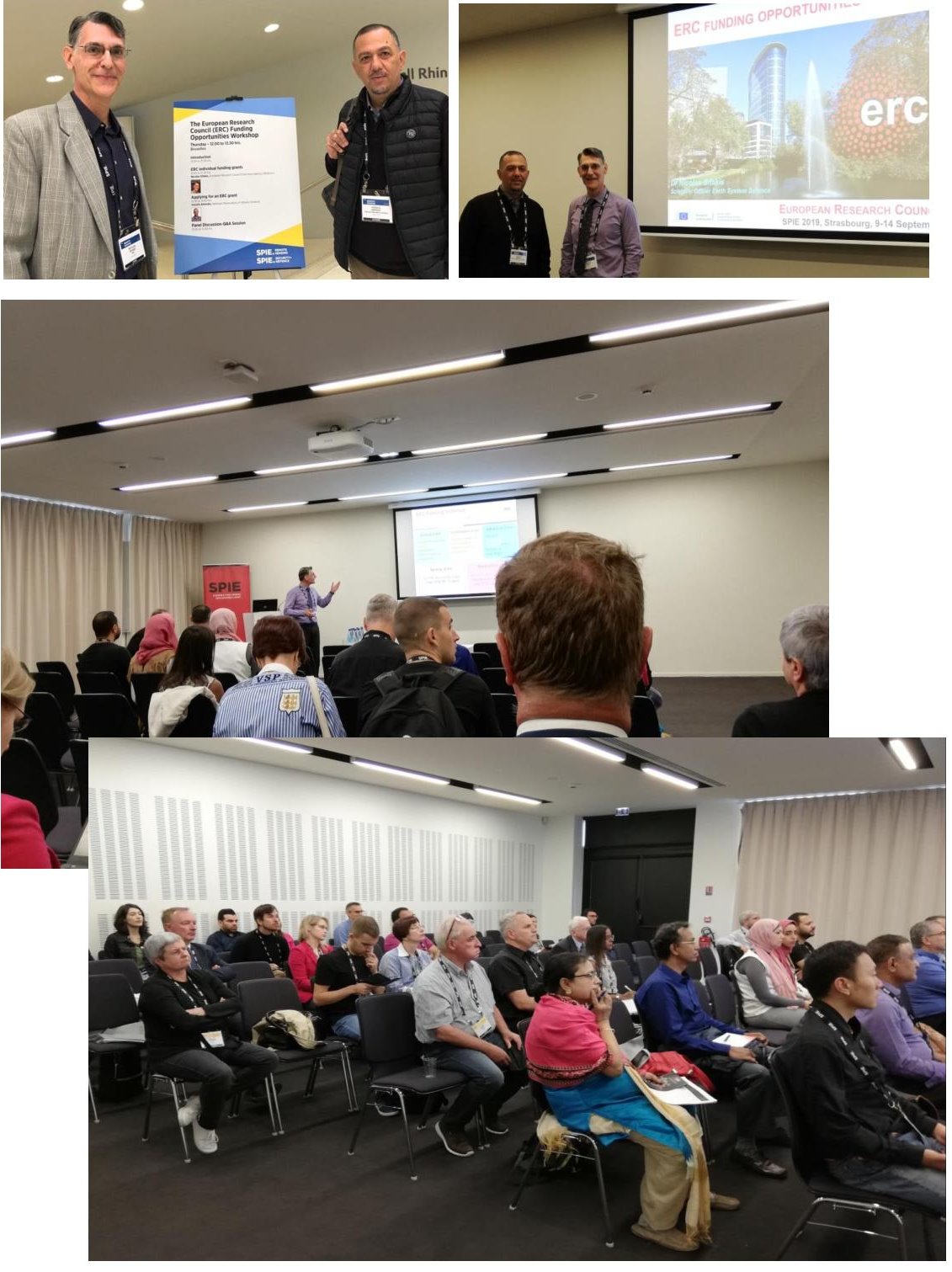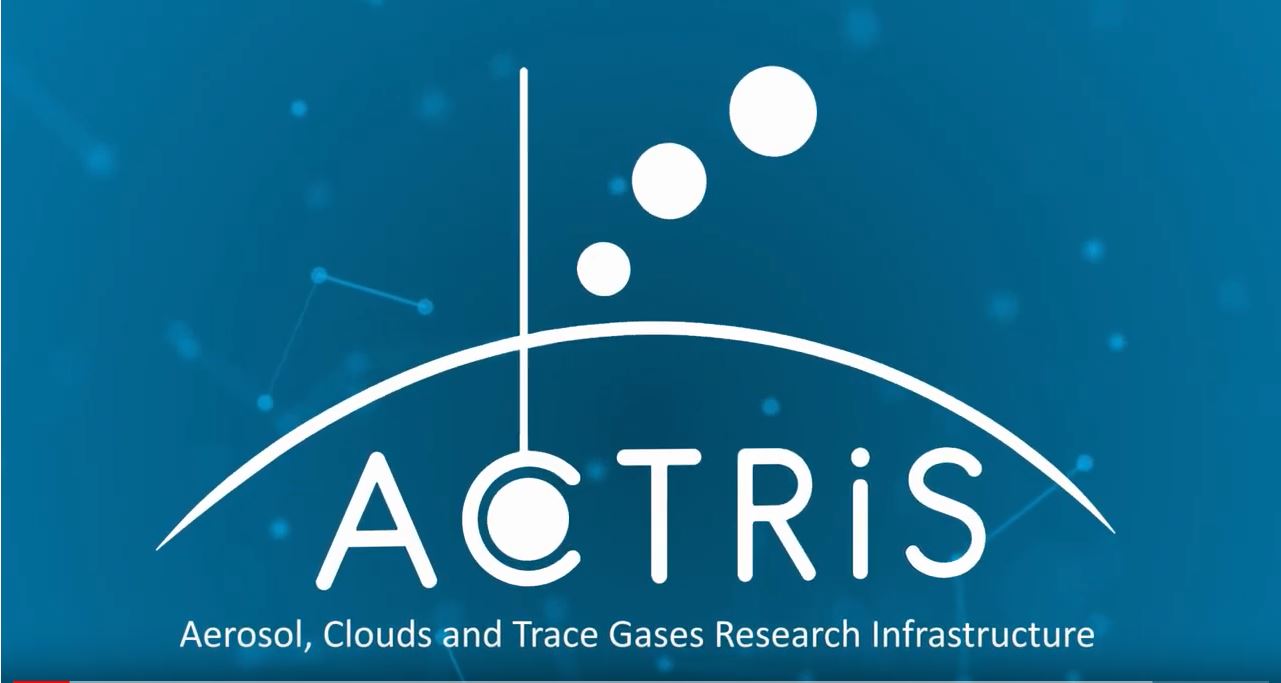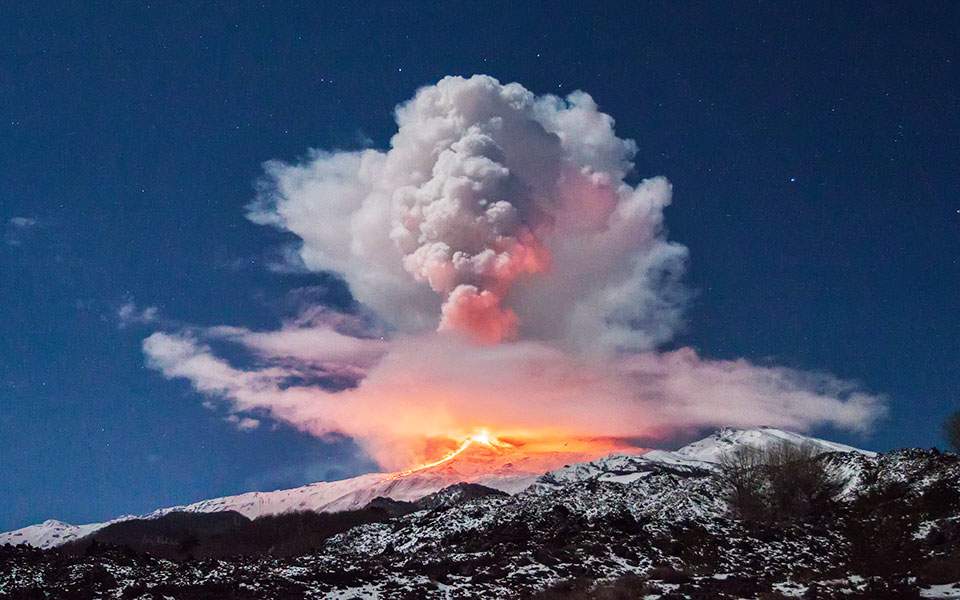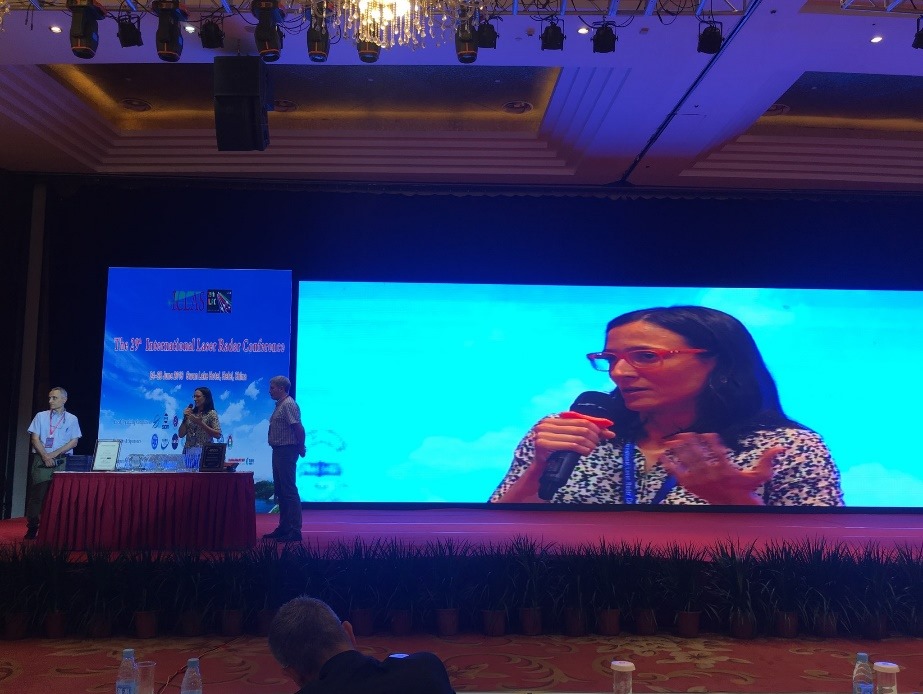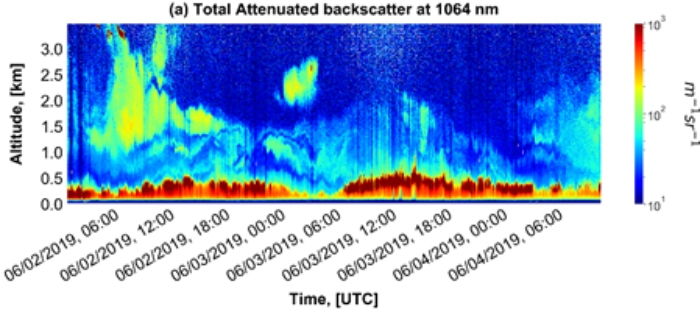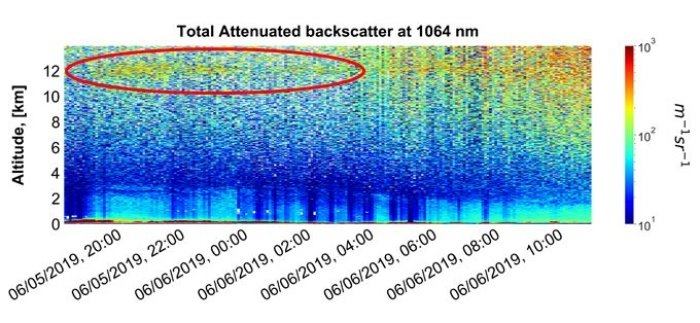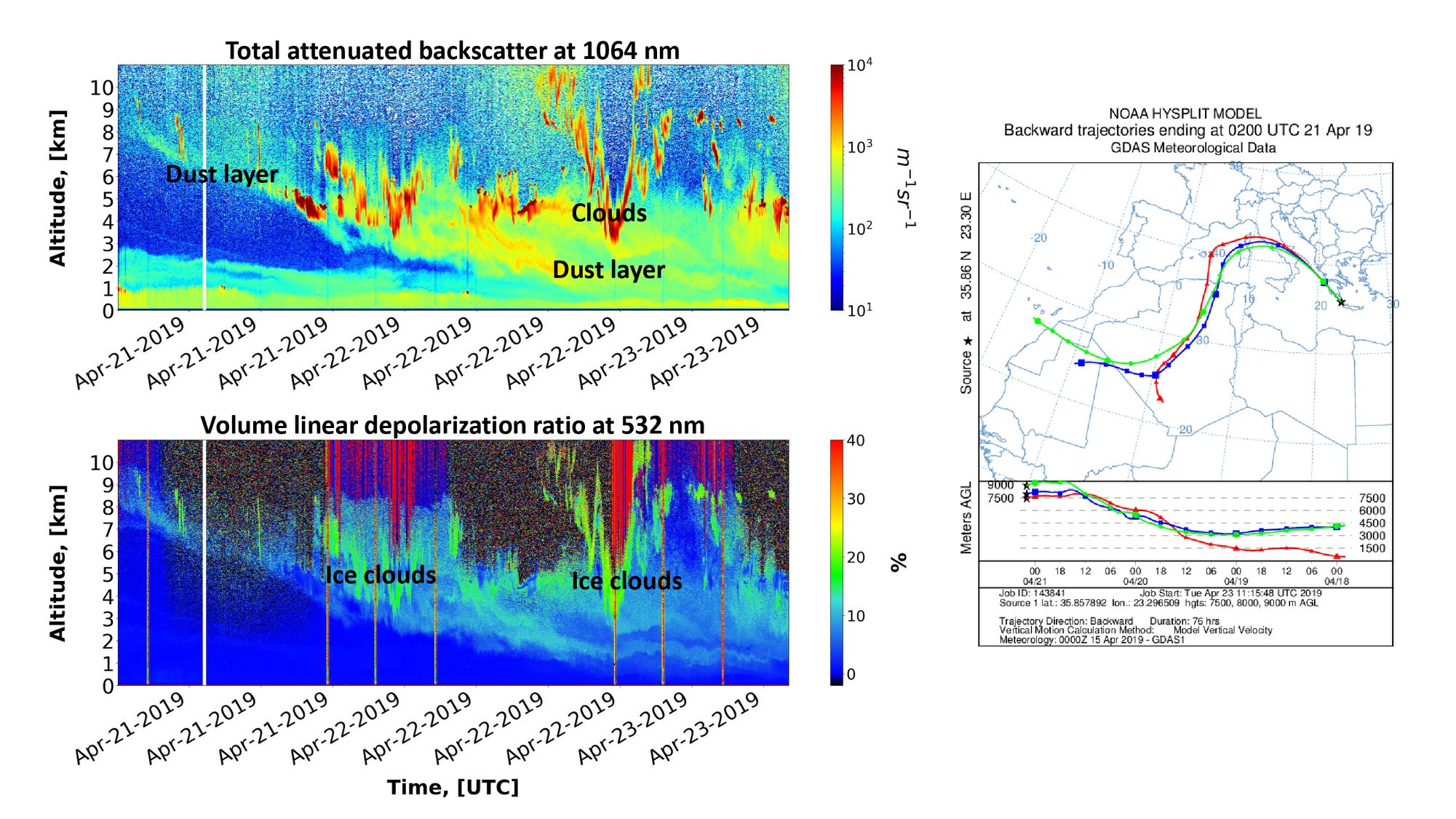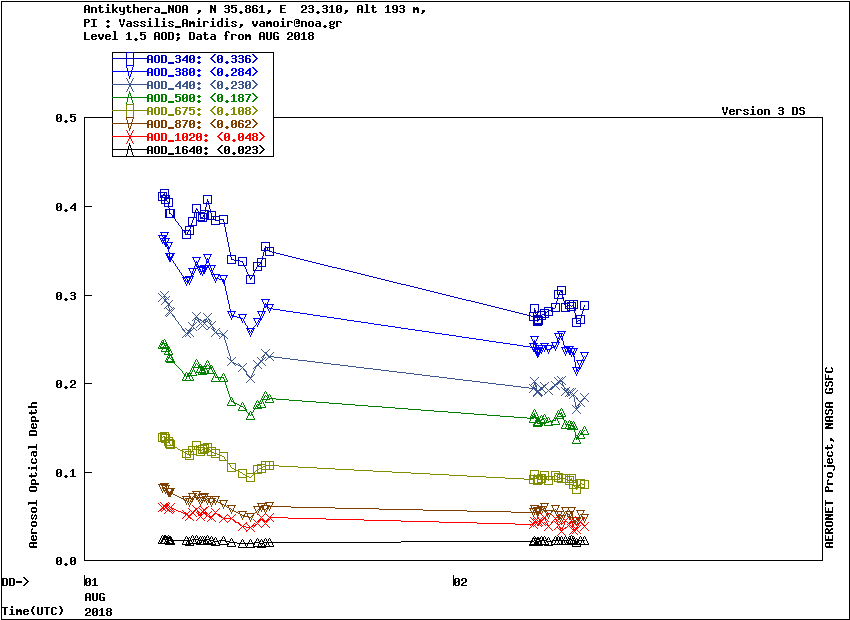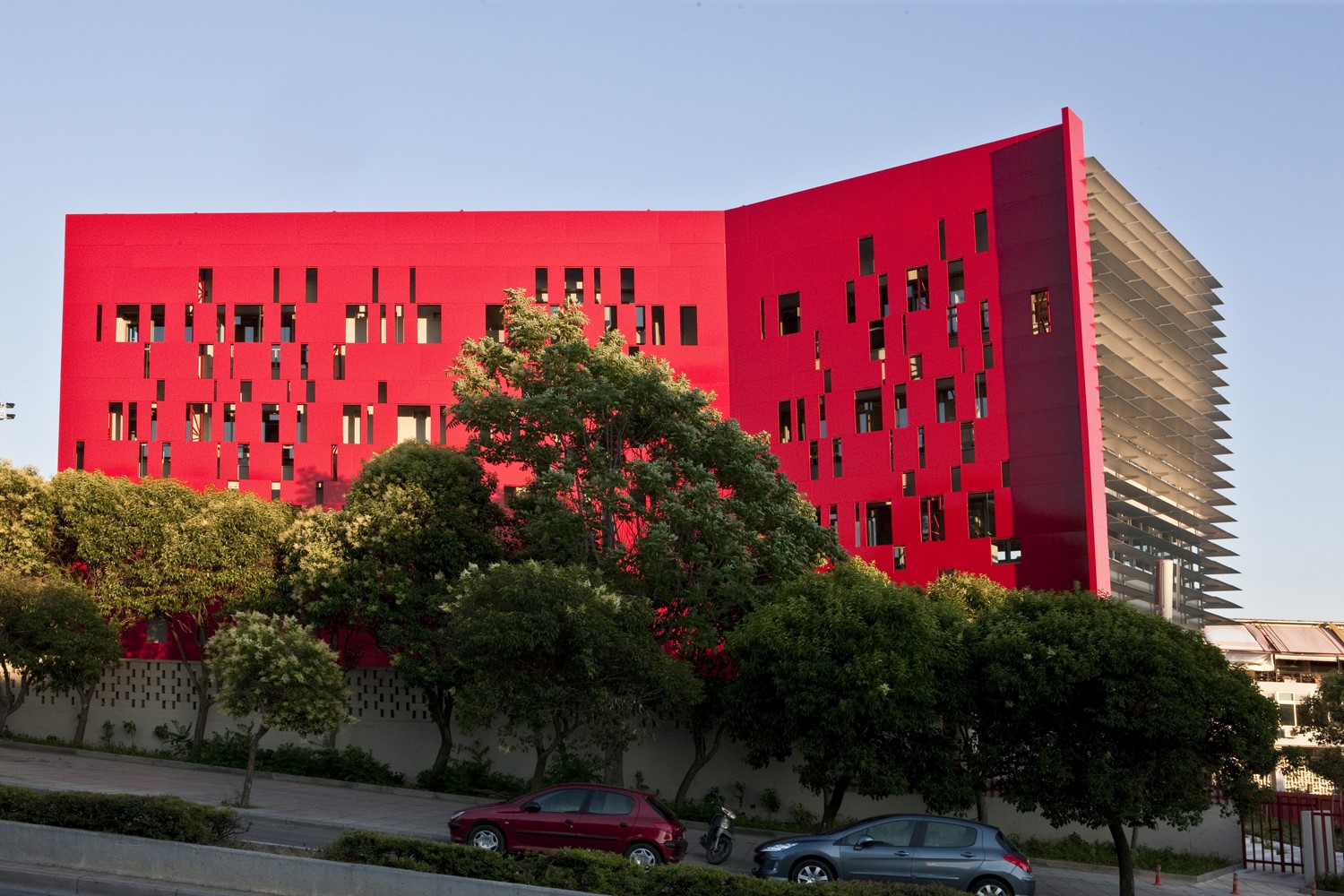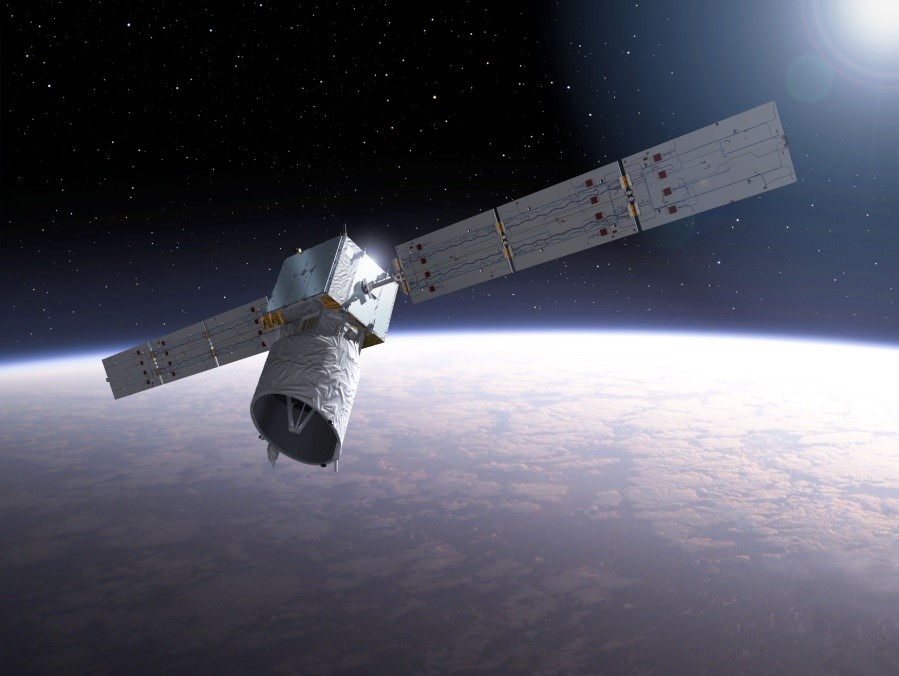Following this week's successful event at the Academy of Athens, team ReACT is excited to announce two innovative information hubs focusing on atmospheric composition, climate, and energy in Greece: AtmoHub and ClimateHub.
-
react@noa.gr
-
Call Us:+30 210 81 09 182
News/Events
Our PhD candidates Peristera Paschou and Ioanna Tsikoudi have returned from the ACTRIS week 2024 in Matera, Southern Italy, energized by a wealth of new insights that underscore our team’s commitment to advancing research through continuous learning and collaboration.
At our team, our commitment to advancing research takes us far beyond our labs and offices. Each journey offers a unique opportunity to explore new landscapes while sharing knowledge, igniting creativity, and collaborating on solutions to global challenges.
This is a big moment for PANGEA and Team ReACT: We’re excited to reshare that the PANGEA-ReACT Station is now part of the World Meteorological Organization Global Atmosphere Watch (GAW) Programme!
GAW is a worldwide network dedicated to monitoring and understanding the atmosphere’s composition, providing essential data that supports global climate action and air pollution policies.
At the 12th European Conference on RADar in Meteorology and Hydrology (ERAD2024) in Rome, our team had a shining moment as Ioanna Tsikoudi was awarded the Best Poster Presentation Award for her outstanding research titled "T-matrix simulations of Spectral Polarimetric Variables from a cloud radar.
At NOA-ReACT, we believe that growth comes from continuous learning and collaboration. We are proud of our talented team members, Ioanna Tsikoudi and Iliana Koutsoupi, who participated at the HErZ 2024 Summer School at the Jülich Observatory for Cloud Evolution (JOYCE) from August 12-23.
The ReACT team is taking to the skies: Dimitra Kouklaki is actively conducting groundbreaking research as part of the ongoing EarthCare PERCUSION calibration experiment, in collaboration with the Max Planck Institute and the German Aerospace Center (DLR), representing the National Observatory of Athens (NOA).
Team ReACT is on the move! Our passionate researchers are not just analyzing complex data in the lab—they get out there! Our colleague, Peristera Paschou, is out in the Atlantic, showing that groundbreaking science means hitting the field, traveling the oceans (and sometimes even taking to the skies).
Why relax with ouzo and a swim in the cool Aegean waters when we can be in 40-degree Athens for the 44th International Geoscience and Remote Sensing Symposium (IGARSS 2024)? This year’s theme, “Acting for Sustainability and Resilience”, has brought together a passionate community of researchers and practitioners.
Curious about the groundbreaking research unfolding at European Space Agency - ESA's latest conference? Our team is actively participating in ATMOS 2024, ESA's prestigious event in Bologna. Yesterday, Day 4 of the conference was dedicated to aerosols and clouds. Here's some of our team's contributions:
EVE is a polarization lidar system that emits light of multiple polarization states, implementing a dual-laser/dual-telescope configuration. The system has been developed by the Greek company Raymetrics S.A., with the support of the ReACT team and the Ludwig Maximilians University in Munich. EVE lidar will provide Aeolus, an ESA satellite mission, with ground reference measurements for the validation and assessment of the aerosol and clouds related products.
Atmospheric dust can travel long distances, make up about half the mass of global aerosol emissions and can affect many of the natural processes in the Earth's atmosphere.
"Located where three seas converge, Antikythera is a “meteorological melting pot” where you can find dust from the Sahara, tephra from Mount Etna and cinder from Canadian wildfires.
From the ship, the island of Antikythera looked like a handful of withered and desiccated boulders flung into the Aegean. “Prepare to get lost in 180-degree blue,” said Maria Tsichla as we approached the harbour at about 04:30 on a June morning. “Oh, and always make sure your room’s door is closed, as the goats here love to enter into houses uninvited...”
"Have We Got Dust All Wrong?
Scientists are challenging conventional notions of how dust particles are aligned; “everything we’ve so far hypothesized about the impact of dust on the atmosphere might be misplaced.”
The “Godzilla” Saharan dust plume that clouded over parts of the United States in June 2020 created a lot of talk and a lot of magnificent sunsets. Dust is an intriguing type of matter, vital for the formation of clouds and precipitation. We also know that if enough dust gathers in the atmosphere, it can block solar radiation. But what if some of these dust-related assumptions were slightly dusty—or completely wrong?
Members of the Remote Sensing of Aerosols, Clouds and Trace Gases (ReACT) team are trying to find out..."
"On land and sea, new Greece climate change infrastructure to supply data vital to climate study and predicting natural disasters
The southeastern Mediterranean is a region with its own distinctive climate, a natural laboratory that can help scientists observe and predict climate change globally. And yet it has been insufficiently studied so far...."
How can a small island in Greece contribute to the global effort to tackle climate change? Learn more from SNF Program Officer Aristi Stathakopoulou about the Athens Observatory's PANGEA project on Antikythera, and its significant impact on research about climate change and its implications.
"In the passage between mainland Greece and Crete, where the Aegean Sea meets the Ionian, lies Antikythera, a small island with very few inhabitants.
Barren, but possessed of astonishing natural beauty, Antikythera is known for the famous Antikythera Mechanism, “the oldest computer in the world,” discovered in 1900 in a shipwreck off the island that continues to captivate scientists to this day..."
During May 2020 ACTRIS organized a campaign for studying the changes in the atmosphere during the COVID-19 lockdown. The question was how possible will be to quantify the impact of the decreased emissions on the state of the atmosphere outside the urban areas, on a time-span of several weeks. EARLINET, an active ACTRIS contributor, is running its lidars and intensifies its regular measurements in order to provide a scientifically relevant answer.
At 6:00am on 01/07/2020, ReACT Team of experts from the National Observatory of Athens and Raymetrics S.A., performed the first collocated measurements of the ground-based mobile EVE Aeolus reference lidar with Aeolus. The custom lidar was developed to compliment ALADIN measurements.
ReACT Team members Dr.Eleni Marinou, Anna Gialitaki and Spyros Metallinos, taking all the necessary safety and health measurements to keep social distance from the local population, visited the island of Antikythera for the repair and maintenance of the RI's instruments lidar PollyXT-NOA and CIMEL Sun Photometer.
An important publication by Dr. Eleni Marinou, associate of NOA, as first author for an original methodology for recovering ice nuclei measurements using remote sensing lidar methods for the implementation of the ERC Consolidator Grant “D-TECT” of National Observatory of Athens, with Research Director Vassilis Amiridis as Scientific responsible.
ASKOS Scientific Campaign, part of the Aeolus Tropical Campaign, has been postponed for Summer 2021. After discussions about the current situation with all partners, all partners confirmed their commitments, allowing optimal preparations of a 2021 campaign. ESA continues the coordination of the activities and their preparation which is expected to kick-off when current measures allow.
"Amidst the raspy jabbering of Buzzards on a remote island at the edge of the Aegean Sea, one ambitious ERC grantee, Dr. Vassilis Amiridis, is constructing a climate change superstation with the enthusiastic support of the ERC, the National Observatory of Athens (NOA) and the Greek government."
The selection of Dr. Vassilis Amiridis, PI of NOA-ReACT Team, by the European Space Agency (ESA) as a member of the Aeolus Advisory Group (SAG) will be key to advise ESA on new scientific developments relevant to the mission, improvements and evolution of the Aeolus data processing and L2 data products, the scientific exploitation of the products and scientific aspects of the preparations for a potential Aeolus follow-up .
SAG is the core consulting team for the Aeolus mission.
ΝΟΑ-ReACT actively participated in this year's American Geosciences Union (AGU) Fall Meeting in San Francisco!
This year at the 84th Thessaloniki International Fair NOA-ReACT presented the WALL-E Lidar System, a polarization lidar system for detecting oriented dust particles. WALL-E was funded by the ERC D-TECT project (PI: Dr. Vassilis Amiridis) and developed in collaboration with the Greek high-tech company Raymetrics S.A.
"Each year, hundreds of millions of tons of exposed soil from the Sahara Desert lifts into the air on gusts of wind. Once those dust particles are airborne, they may travel thousands of miles, affecting weather and air quality as far away as Europe and even the Americas."
Read the full article below or on ScienceNode.org: https://sciencenode.org/feature/Tracking...
On Wednesday, October 30, on the occasion of implementation of 2 ERC projects in National Observatory of Athens, a meeting was organized at the Penteli Observatory on the possibilities of subsidizing these important financing - ERC awards. Presentations were made by Dr. N. Sifakis, Head of Geosciences at the Executive Organization of ERC, Mrs. Christina Pascual, NDC Representative, which is the National Contact Point for the Horizon2020 program and ERC.
NOA-ReACT participated in the 1st scientific conference PANACEA at the University of Crete, Heraklion, with one oral presentation and four posters.
NOA-ReACT also participates actively in Cost Action 15211 meetings for the past few years, concerning the European Atmospheric Electricity Network: "coupling with the Earth System, climate and biological systems (ELECTRONET)”. Our PhD student, Vasiliki Daskalopoulou presented the team's novel work on the implementation of atmospheric electricity sensors and the operation of ground-based instruments in order to monitor electrified desert dust.The specific research is tethered to the D-TECT / ERC project whose PI, Dr. Vassilis Amiridis aims to assess the impact of dust Triboelectrification in dust transport dynamics.
The ASKOS Experimental Campaign of ESA-NOA will take place on June/July 2020 at the Ocean Science Centre Mindelo (OSCM) (Lat: 16.8776, Lon: -24.9953, 41m asl) at the Sao Vicente island of Cape Verde. ASKOS will deploy advanced ground-based remote sensing and surface/airborne in situ instrumentation to provide observations of aerosol, clouds, water vapor and wind. These measurements will be used for the calibration and validation of the Aeolus satellite aerosol, cloud and wind products.
On the afternoon of Thursday 19th September at the Municipal Council Hall of Kythira, the official signing ceremony of the contracts for the concession of 30 acres in Antikythera from the Internal Property Committee to the National Observatory of Athens took place, in the presence of the Presidents of the two institutions, Mr. P. Kominos and Prof. E. Pleionis respectively.
The purpose of InDust , a COST-funded International Network, is to provide research and assist the sectors of society that are affected by airborne mineral dust.
A first summary of the properties and effects of desert dust on climate and human health is given in the following video. A special thank you for the production and scientific support to CAN-HelP and Yota Assimakopoulou, to GAPfilmingteam and Stavros Niarchos Foundation for the support through their donation to National Observatory of Athens .
NOA-ReACT has participated in the SPIE2019 Remote Sensing conference with two presentations. Vassilis Amiridis gave the keynote talk on “Advancing the remote sensing of desert dust”. Moreover, he participated in the European Research Council (ERC) event, to describe his experience as an ERC grantee and share his view with the remote sensing community.
ACTRIS (Aerosol, Clouds and Trace Gases Research Infrastructure) is a pan-European initiative consolidating actions amongst European partners producing high-quality observations of aerosols, clouds and trace gases.
Different atmospheric processes are increasingly in the focus of many societal and environmental challenges, such as air quality, health, sustainability and climate change. ACTRIS aims to contribute in the resolving of such challenges by providing a platform for researchers to combine their efforts more effectively, and by providing observational data of aerosols, clouds and trace gases openly to anyone who might want to use them.
The Greek component of ACTRIS is the PANACEA-RI. PANGEA, the Pan-Hellenic Geophysical Observatory of Antikythera of NOA will strengthen the ACTRIS component in Greece in the near future, stay tuned!
"For over a year now, in the middle of the Mediterranean, a pioneer research effort has been evolving, with growth trends and a broader substantial contribution. In recent months, the Antikythera station has been in the early stages of operation, namely the PANhellenic GEophysical observatory of Antikythera (PANGEA), which was established by the National Observatory of Athens. An advanced and innovative observatory that "looks" at aerosol transport and climate parameters over a wide range of the Mediterranean, providing valuable information both for our country and for the international community."
The Inaba Prize was given to a NOA researcher!
Aerosol particles of possibly volcanic origin were monitored with the multi-wavelength lidar, Polly XT of the National Observatory of Athens (PANGEA-NOA), over Antikythera. The presence of these elevated layers above Greece could be a result of the continuous Etna activity for the past few days (volcanic activity initiated in the morning of May 30, 2019).
"Reporting from Antikythera, Greece —
Over the past few days, wildfire activity is being recorded at the area of Alberta, Canada. These severe fires resulted in intense pyro-cumulonimbus activity that uplifted smoke particles to the lower stratosphere.
Transfer of Saharan dust over the island of Antikythera, as observed with the Lidar Polly XT system of the NOA-ReACT team. The signal from the lidar presents a 2 km thick layer (at a height of 7 to 9 km above the ground), which contains dust particles, as shown by 3-day reversals calculated with the Hysplit model.
The CIMEL Photometer of IAASARS/NOA was installed at Antikythera station and was successfully joined at NASA's AERONET network.
The first measuremnts show the frequent transport of Saharan dust and smoke from forest fires.
The Lidar system of Antikythera station joined the PollyNET network. With the of the necessary calibration of the system we will soon be able to provide continuous data in real time.
An additional thank you to COSMOTE for the help and support!
AUTH, INOE, CNR and NOA,organize the first European Lidar Conference (ELC) in Thessaloniki on July 2018. ELC is designed to be a flexible, affordable and friendly conference, aiming to gather European lidar researchers to foster discussions and debates on open issues related to lidar science and technologies. The conference topics include Lidar Technologies, Lidar algorithms and data products and Lidar applications.ELC will be a biennial conference to be organized in between the ILRCs. ELC is about plenary sessions, either oral, poster or Pico presentations, followed by open discussions and concluding remarks.
The IEEE Geoscience and Remote Sensing Society organizes this workshop to discuss current and planned space lidar missions, techniques and associated emerging and enabling technologies. The workshop will provide the opportunity to explore ways to increase collaboration among the space‐agencies and organizations, to enhance future active space‐based remote sensing observations.
A leading scientific observatory in the middle of the Mediterranean is prepared by the National Observatory of Athens. On the remote island of Antikythera, NOA is funding the establishment of an Panhellenic Geophysical Observatory. It will not be a simple meteorological station, but a pioneer observatory that brings together advanced scientific equipment and will be an integrated research infrastructure that meets the standards of corresponding European and International infrastructures.
About Us
ReACT stands for “Remote sensing of Aerosols, Clouds and Trace gases”, to describe the research focus of the respective research team led by Dr. Vassilis Amiridis. ReACT consists of highly motivated scientists within the field of Atmospheric Sciences, combining a number of Post-doc researchers, Ph.D. and M.Sc. students as well as other research and technical staff, using the resources, infrastructure and experience of the Institute for Astronomy, Astrophysics, Space Applications and Remote Sensing (IAASARS).

